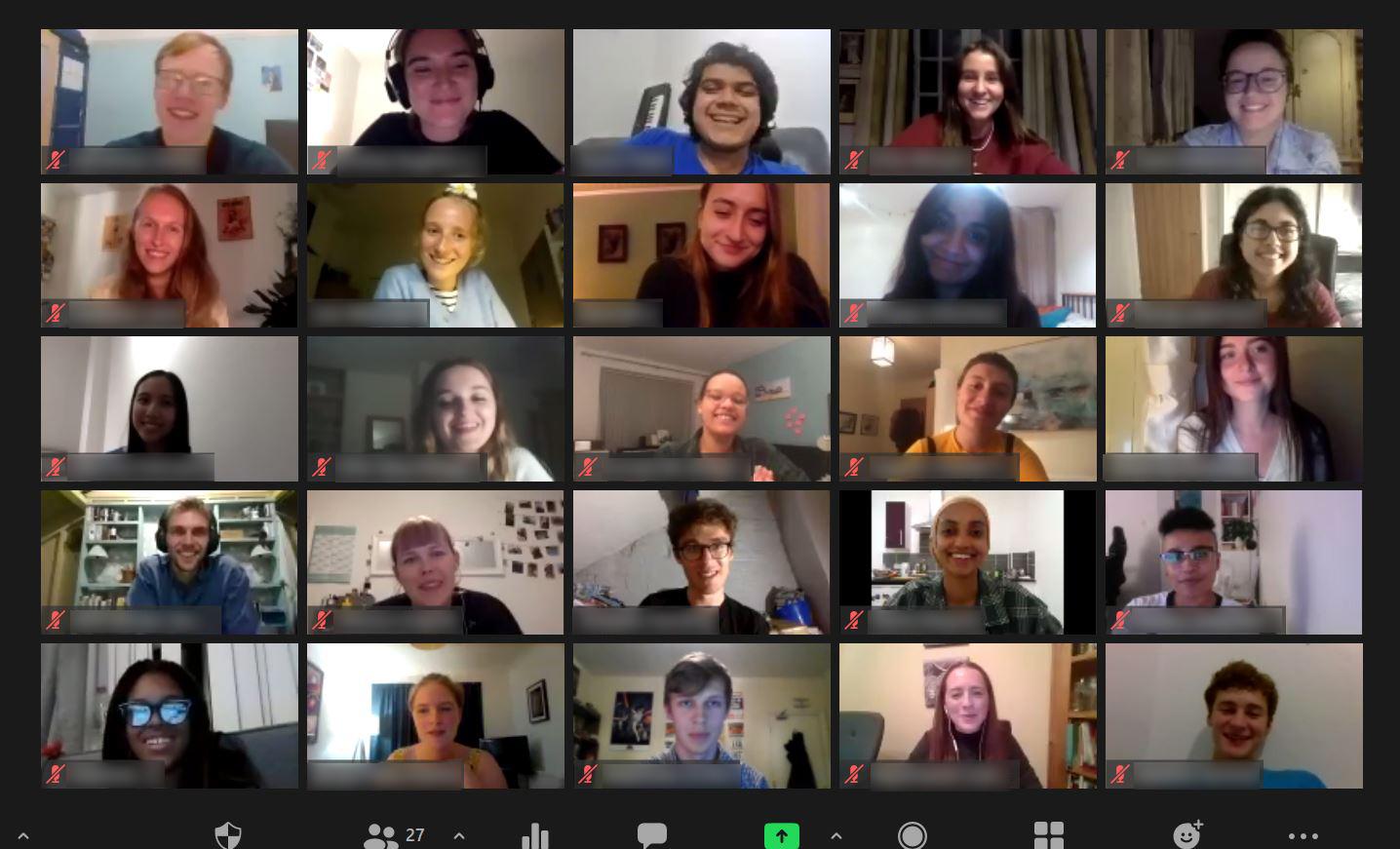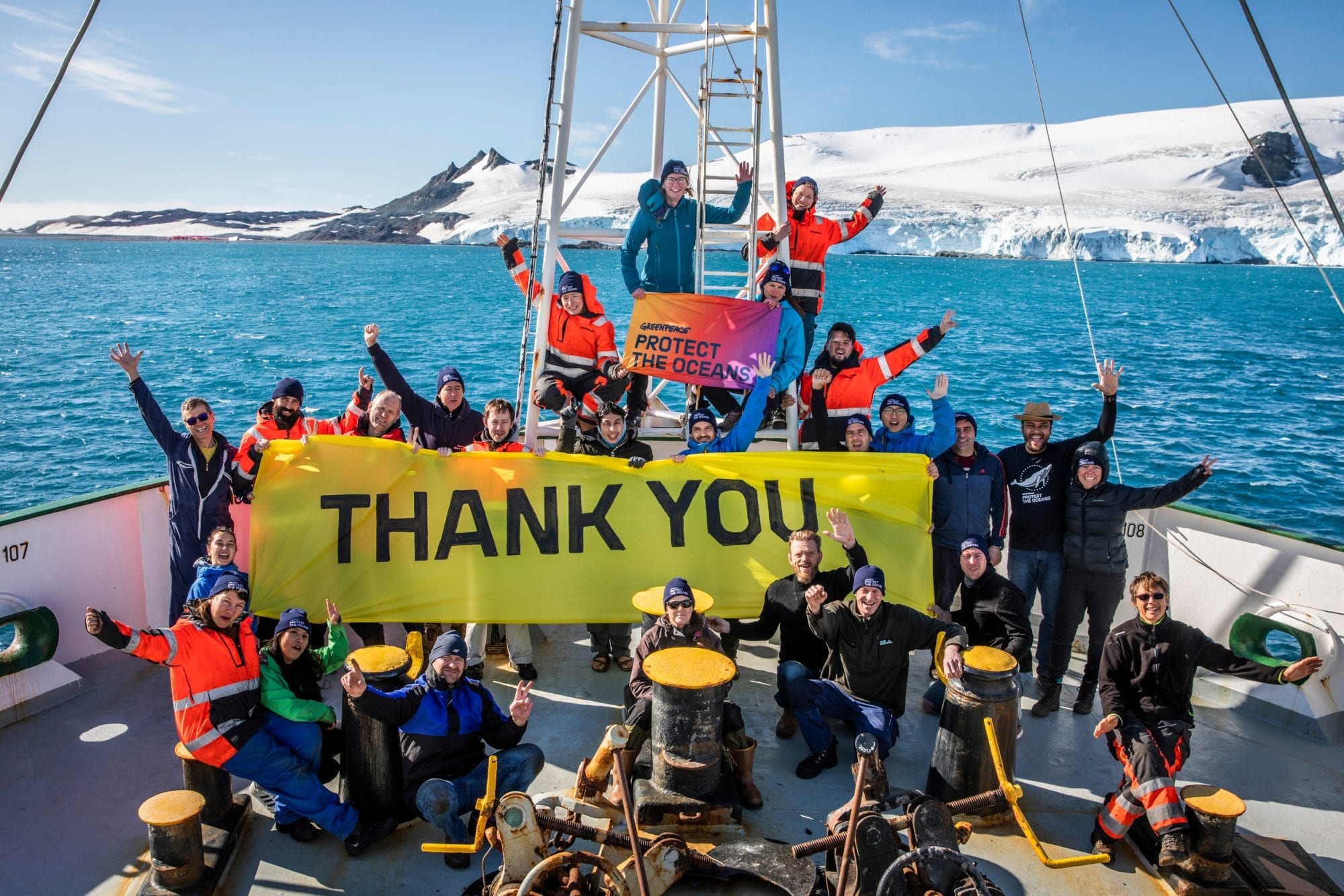How to begin a review of Greenpeace’s impact in 2020? It was a challenging year, when Covid-19 made the world around us unfamiliar and when so many of us faced great sadness and uncertainty.
And yet, even in the midst of a global pandemic, some things remained inspiringly familiar. As we all became more aware than ever of the value of nature – and of the need to protect it – the dedication and determination of the whole Greenpeace community never wavered. If anything, in a year when we were vividly confronted with climate, nature and health emergencies, our staff and supporters responded with unprecedented energy.
It’s true that in one sense 2020 was a year of postponement. Major global summits on our climate, on biodiversity and on ocean protection were delayed until 2021. The focus of the world’s governments was rightly on controlling the pandemic. But the last thing this report suggests is an organisation kicking its heels. From facemask-wearing Greenpeace volunteers targeting forest-destroying supermarkets to our ship crews documenting illegal fishing and taking direct action to stop it, we never stood still. As the months passed, hundreds of thousands of people joined our campaigns to protect our forests and oceans and to build a green, safe and peaceful future after the pandemic.


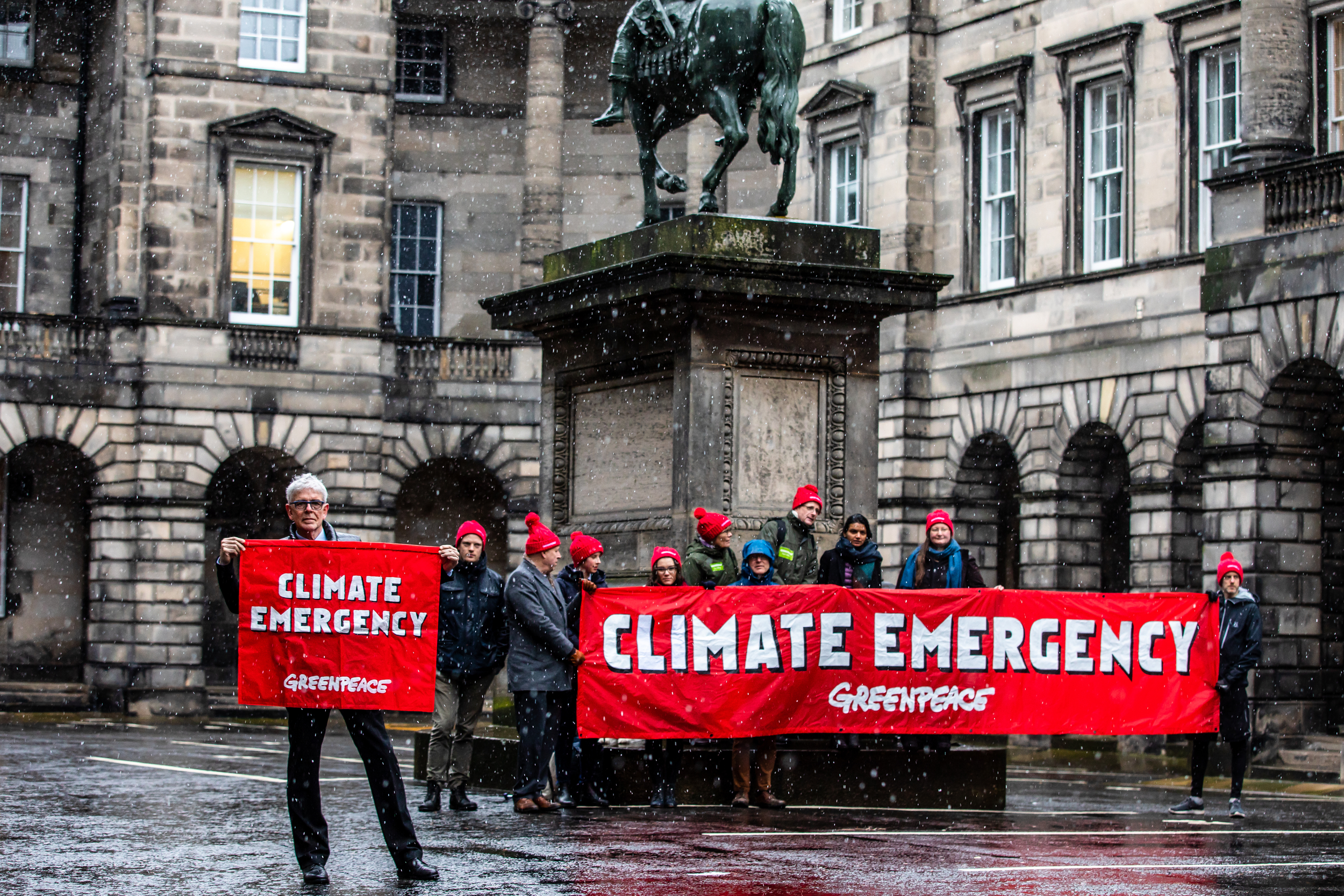
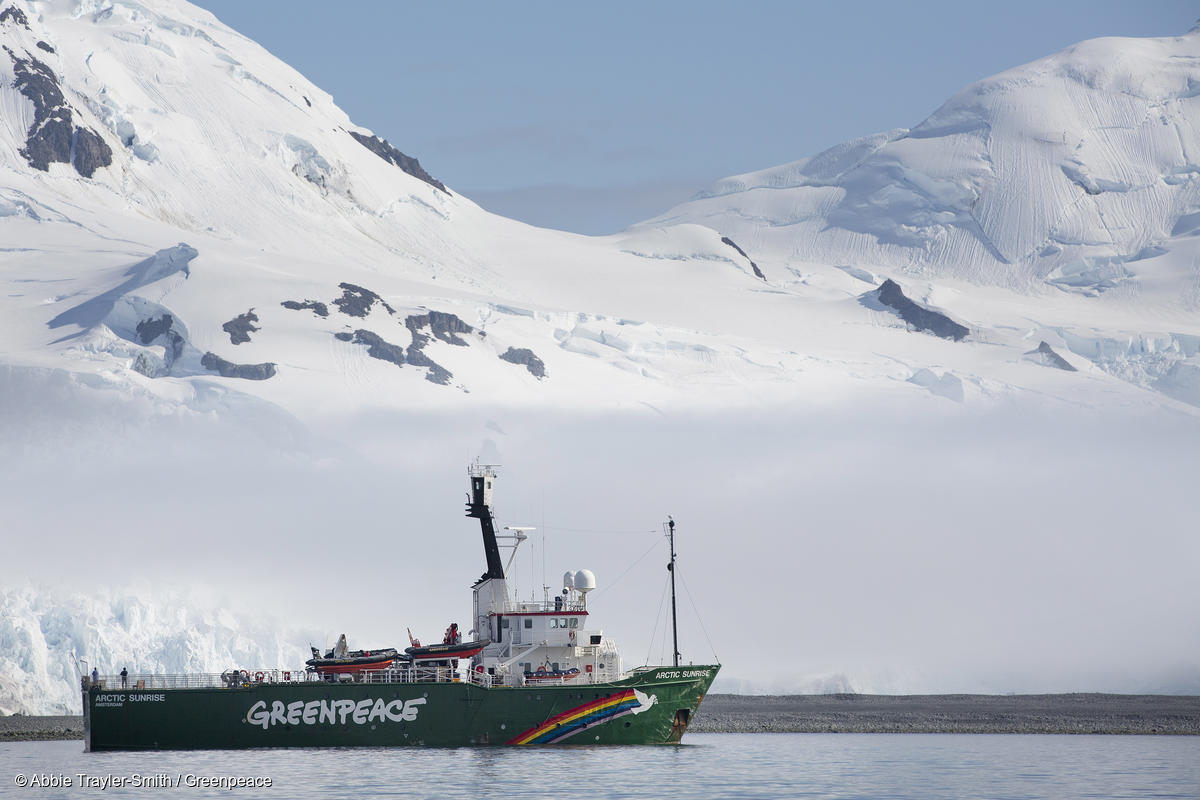
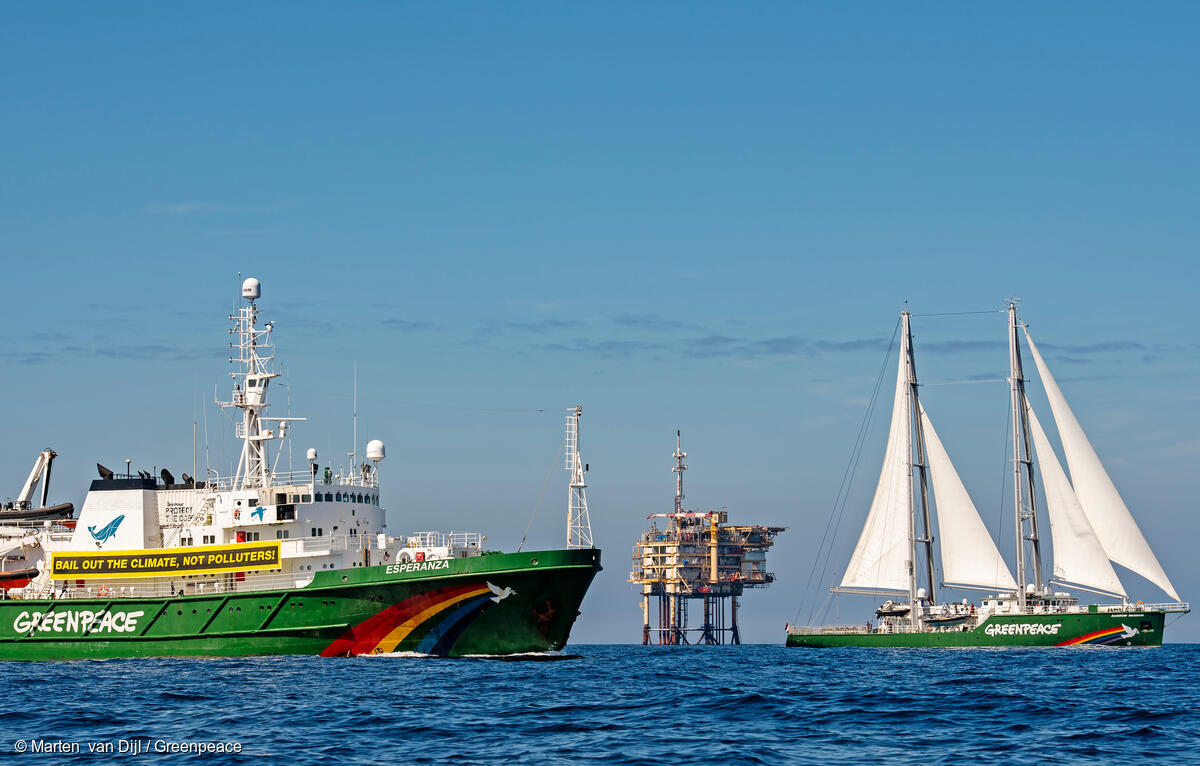
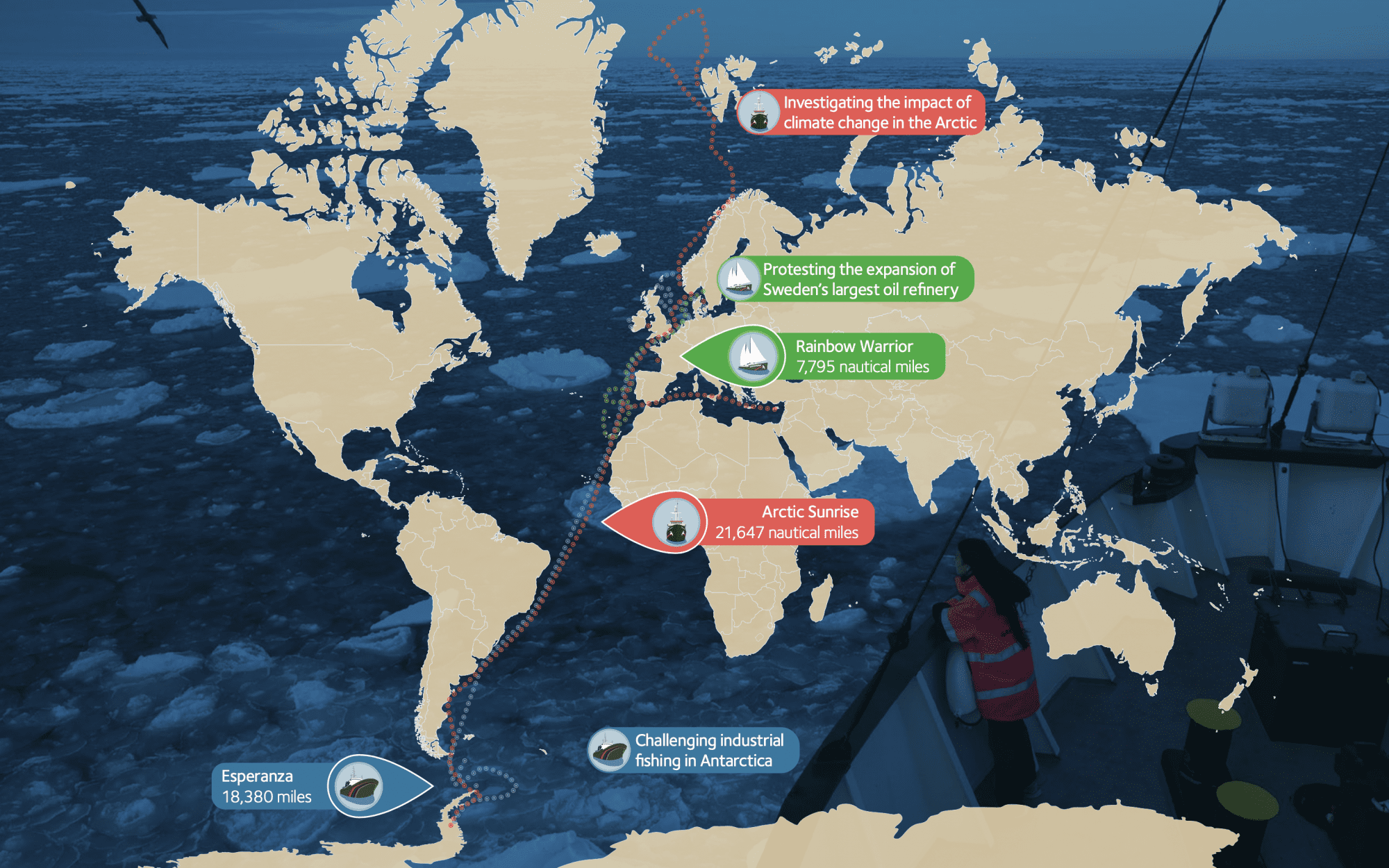
 Even in a year when a pandemic swept the planet, our forests continued to be torn down at an unimaginable rate. The Amazon fires in 2020 were the worst in over a decade, with vast areas of ancient forest reduced to ash.
Even in a year when a pandemic swept the planet, our forests continued to be torn down at an unimaginable rate. The Amazon fires in 2020 were the worst in over a decade, with vast areas of ancient forest reduced to ash. 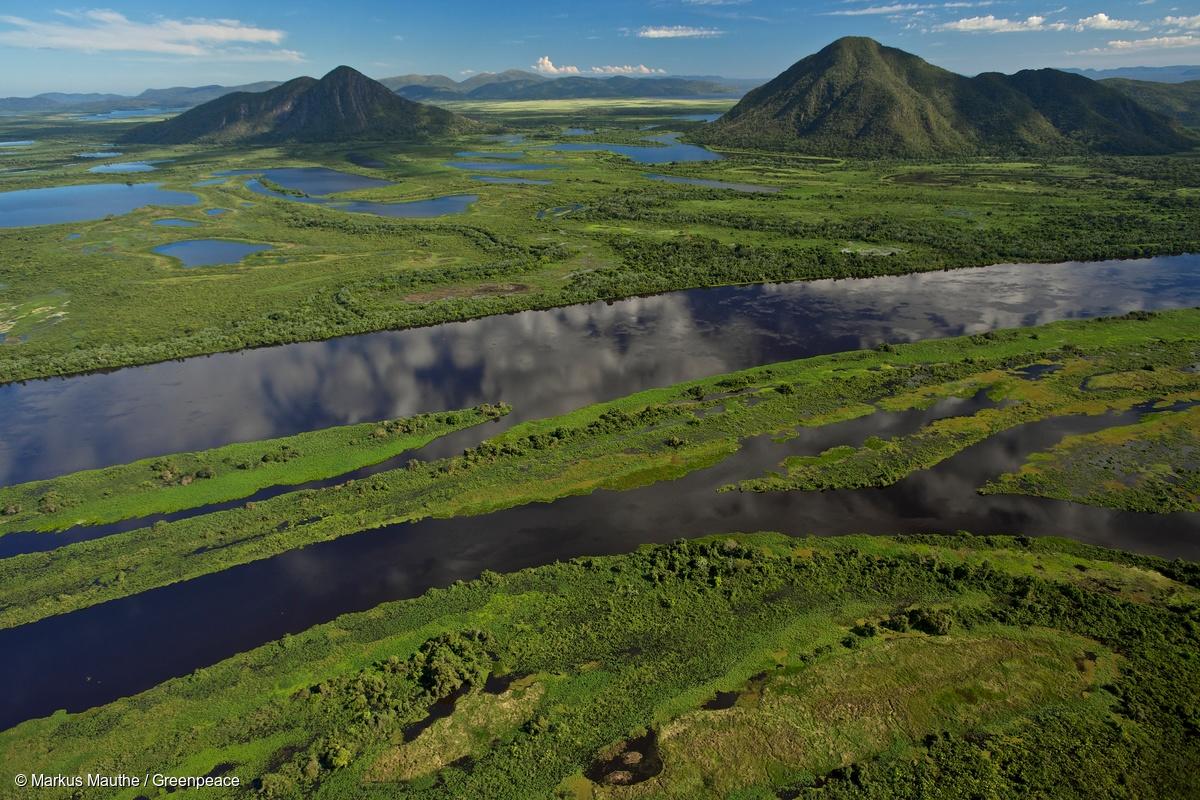
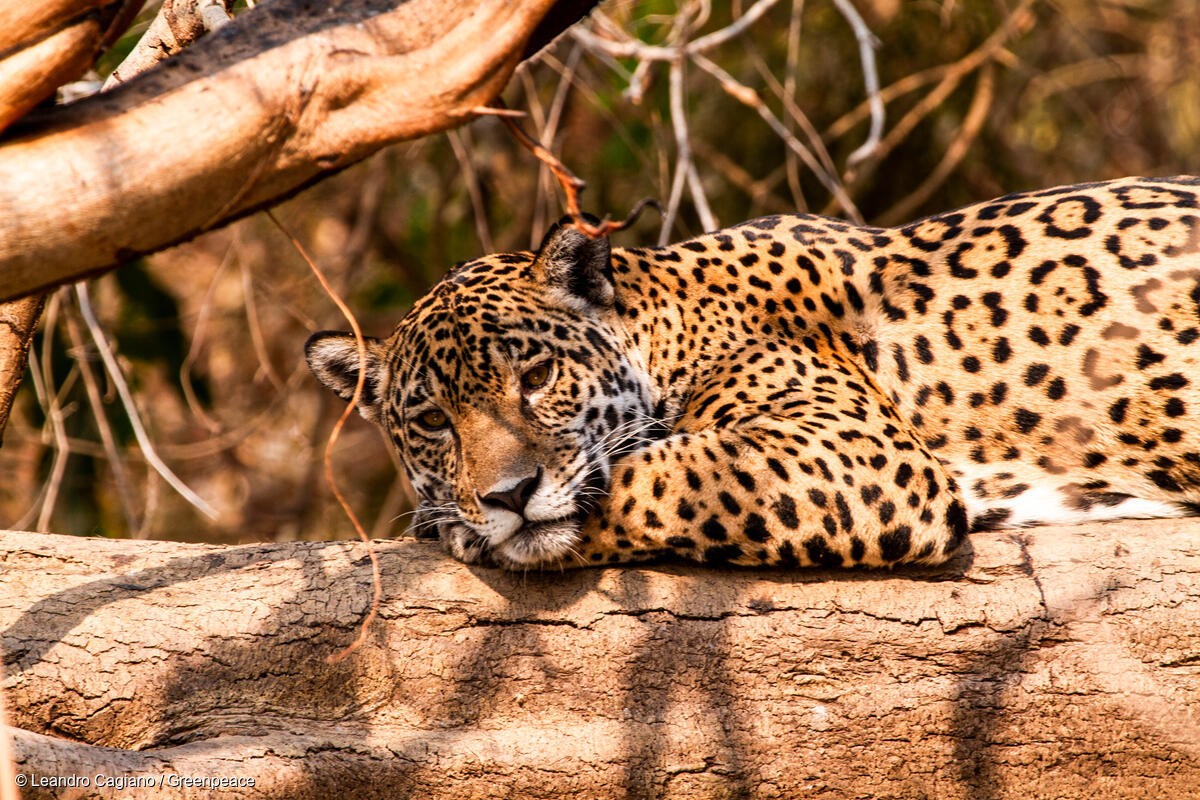
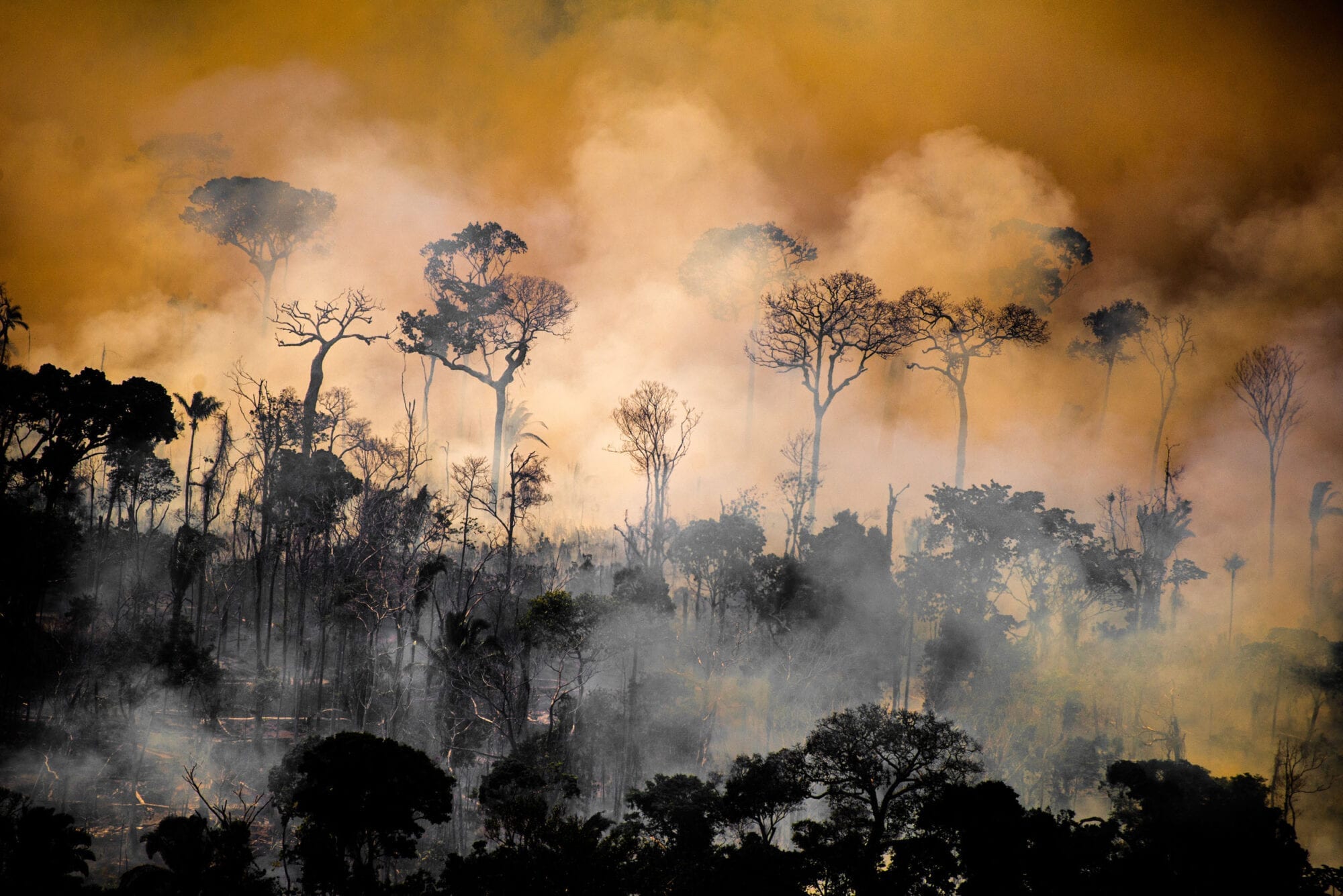
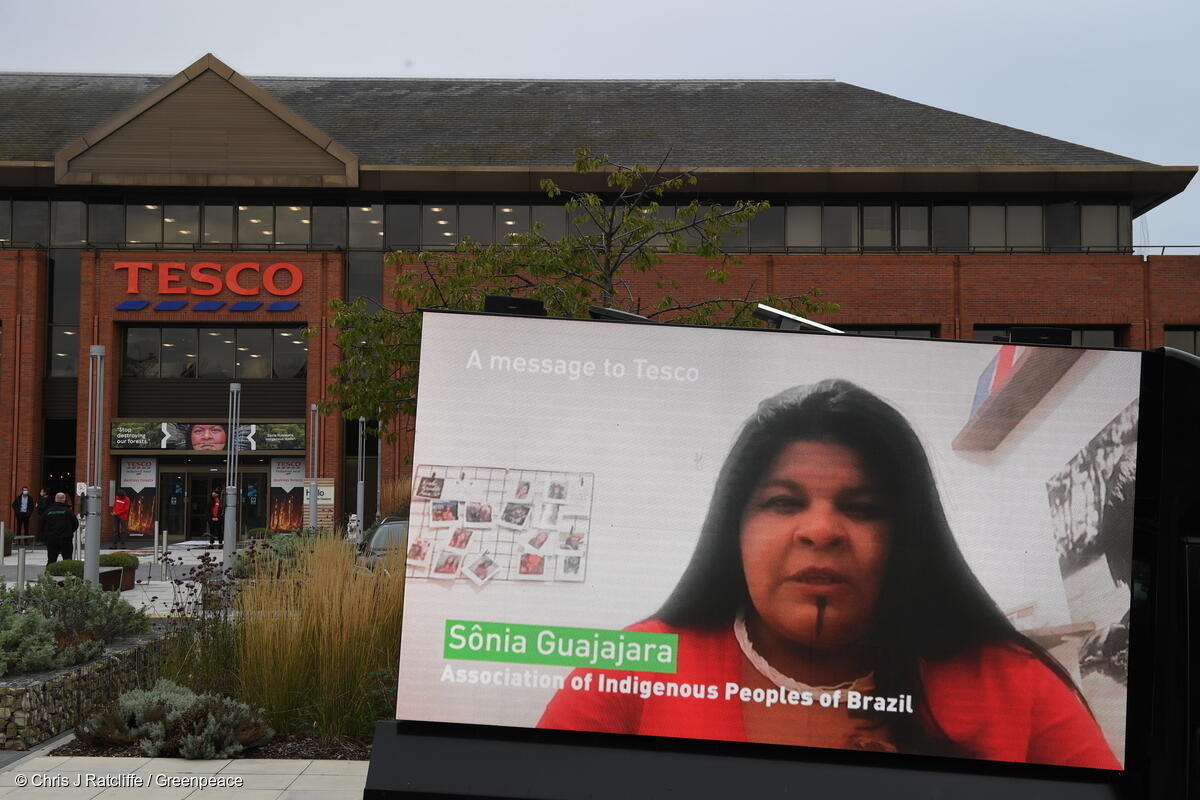
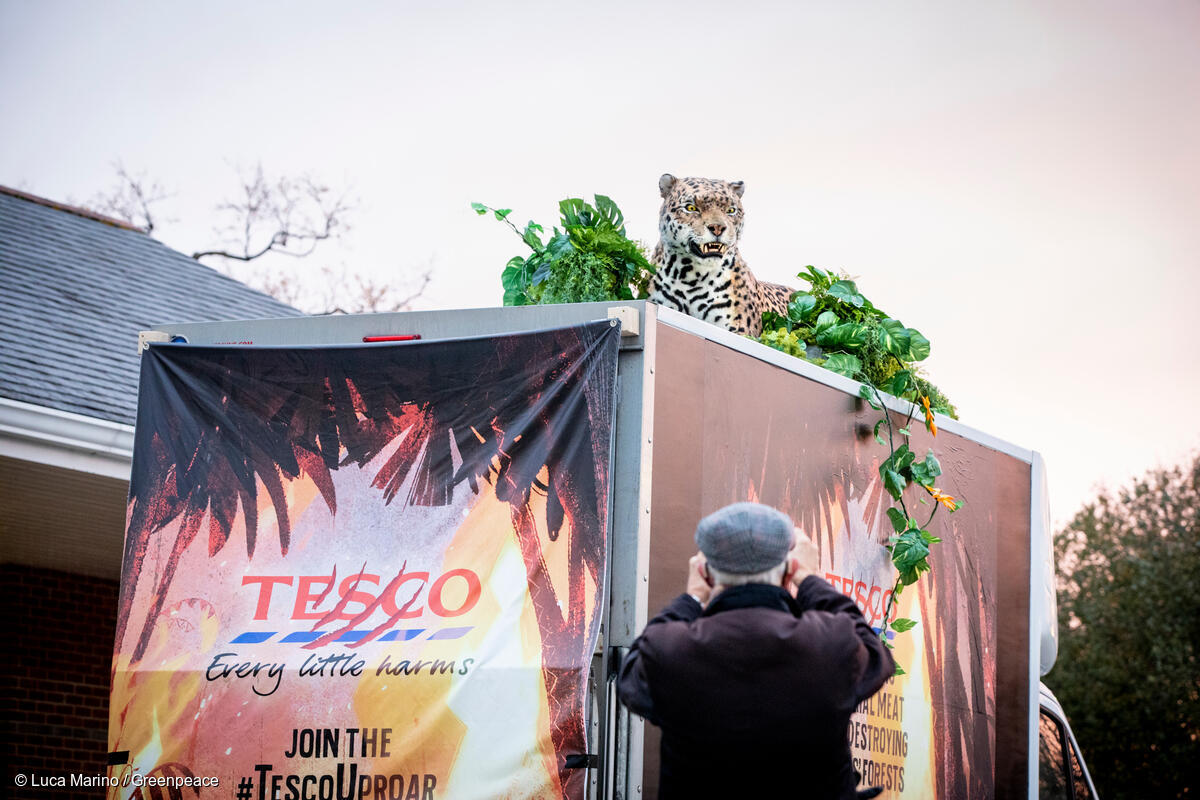
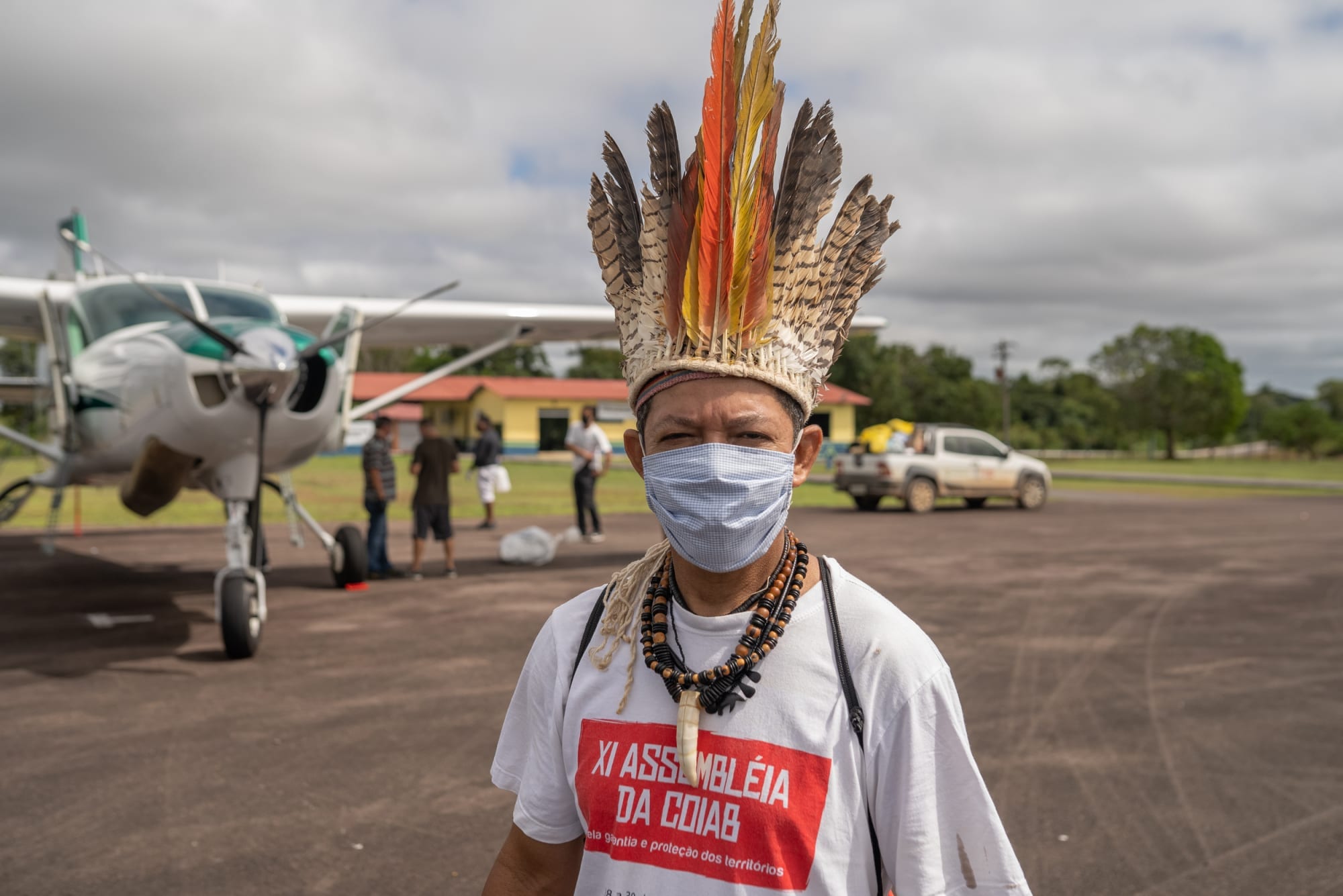
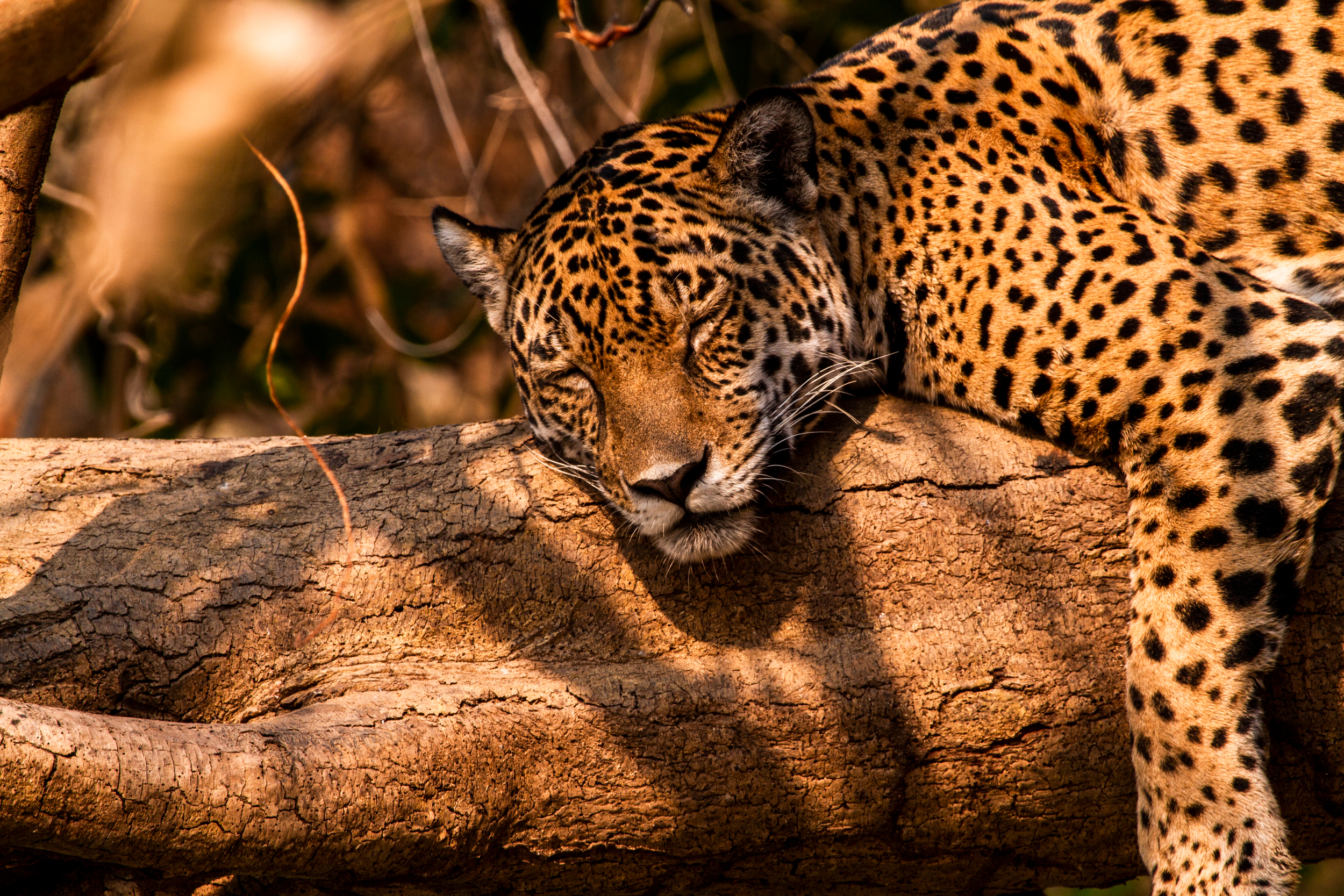
 Part of Greenpeace’s power lies in our multifaceted approach. Take the moment in September when we began placing boulders on the seabed of Dogger Bank, 100km off England’s east coast. It was a peaceful direct action, reliant on years of marine experience, based on careful evidence gathering and backed up by direct political lobbying and massive pressure from the wider Greenpeace community. Within days, the Government responded.
Part of Greenpeace’s power lies in our multifaceted approach. Take the moment in September when we began placing boulders on the seabed of Dogger Bank, 100km off England’s east coast. It was a peaceful direct action, reliant on years of marine experience, based on careful evidence gathering and backed up by direct political lobbying and massive pressure from the wider Greenpeace community. Within days, the Government responded. 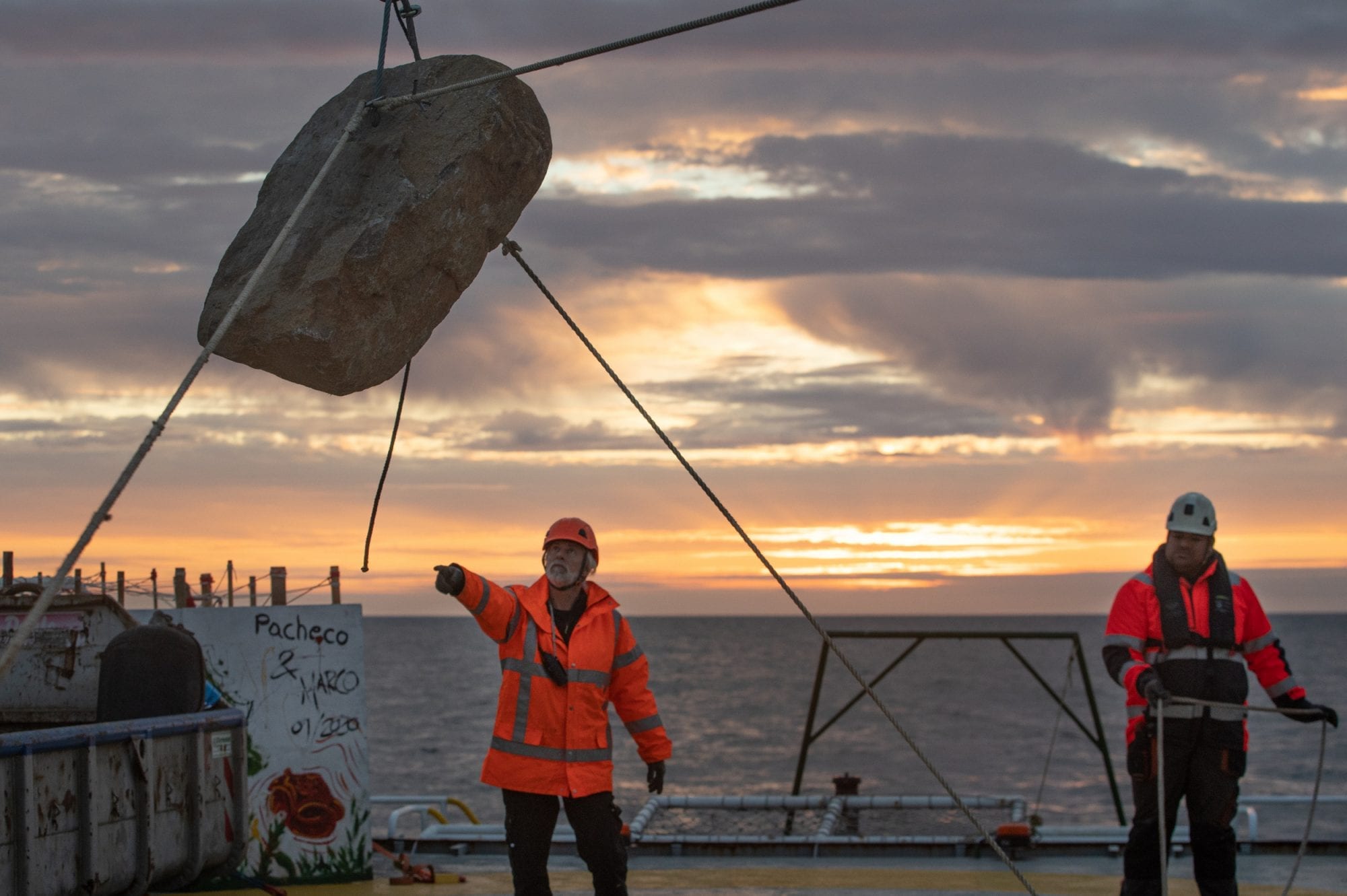
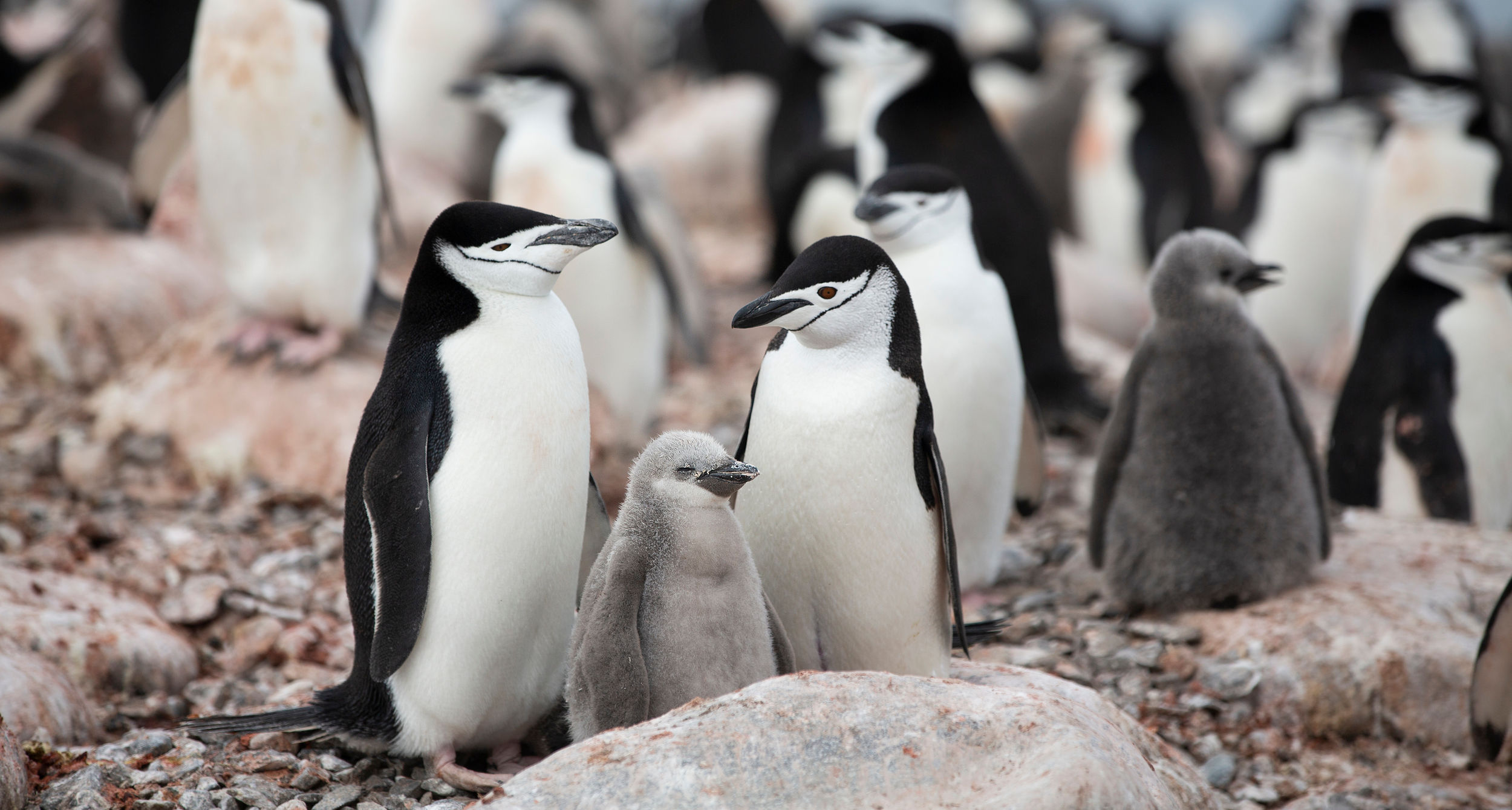
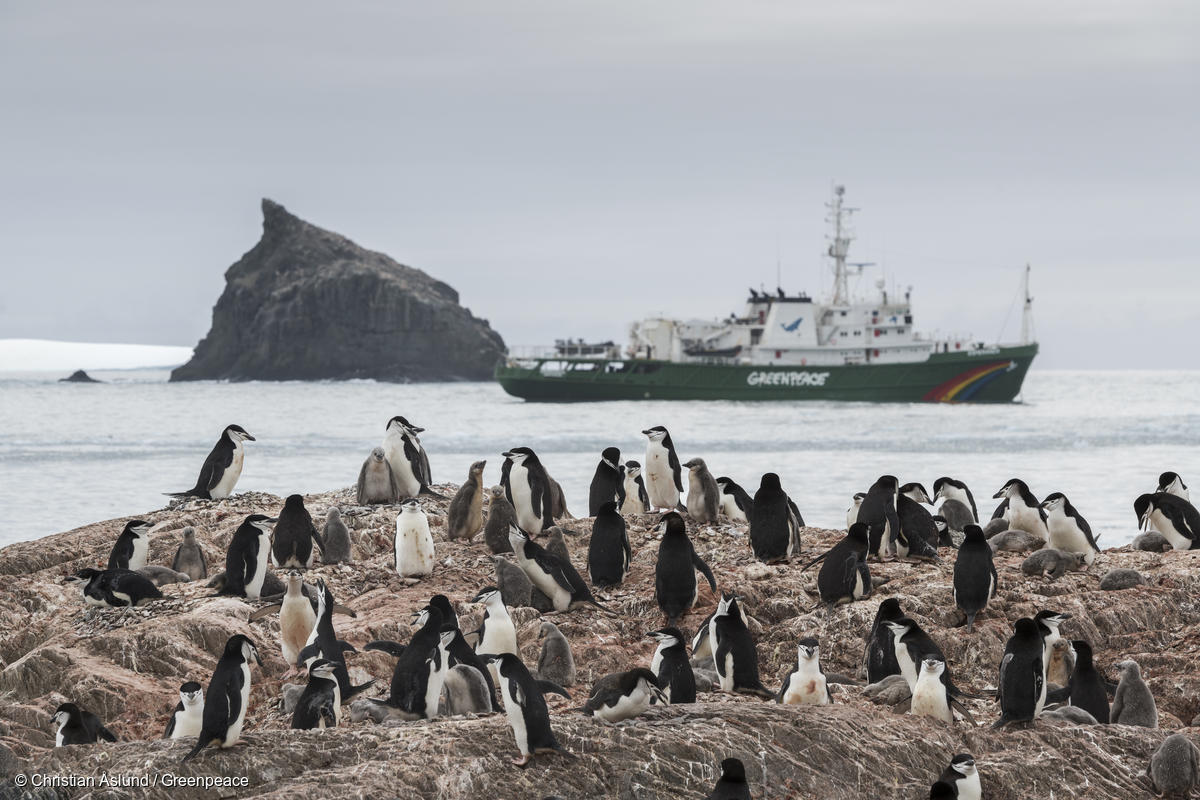
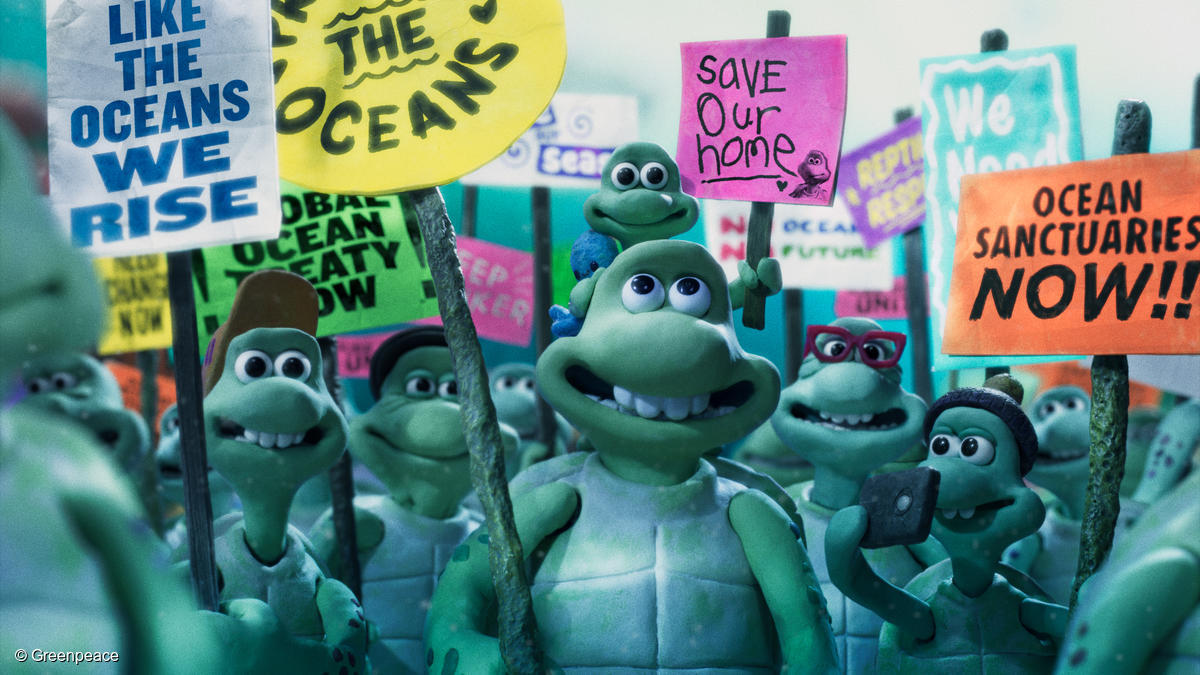
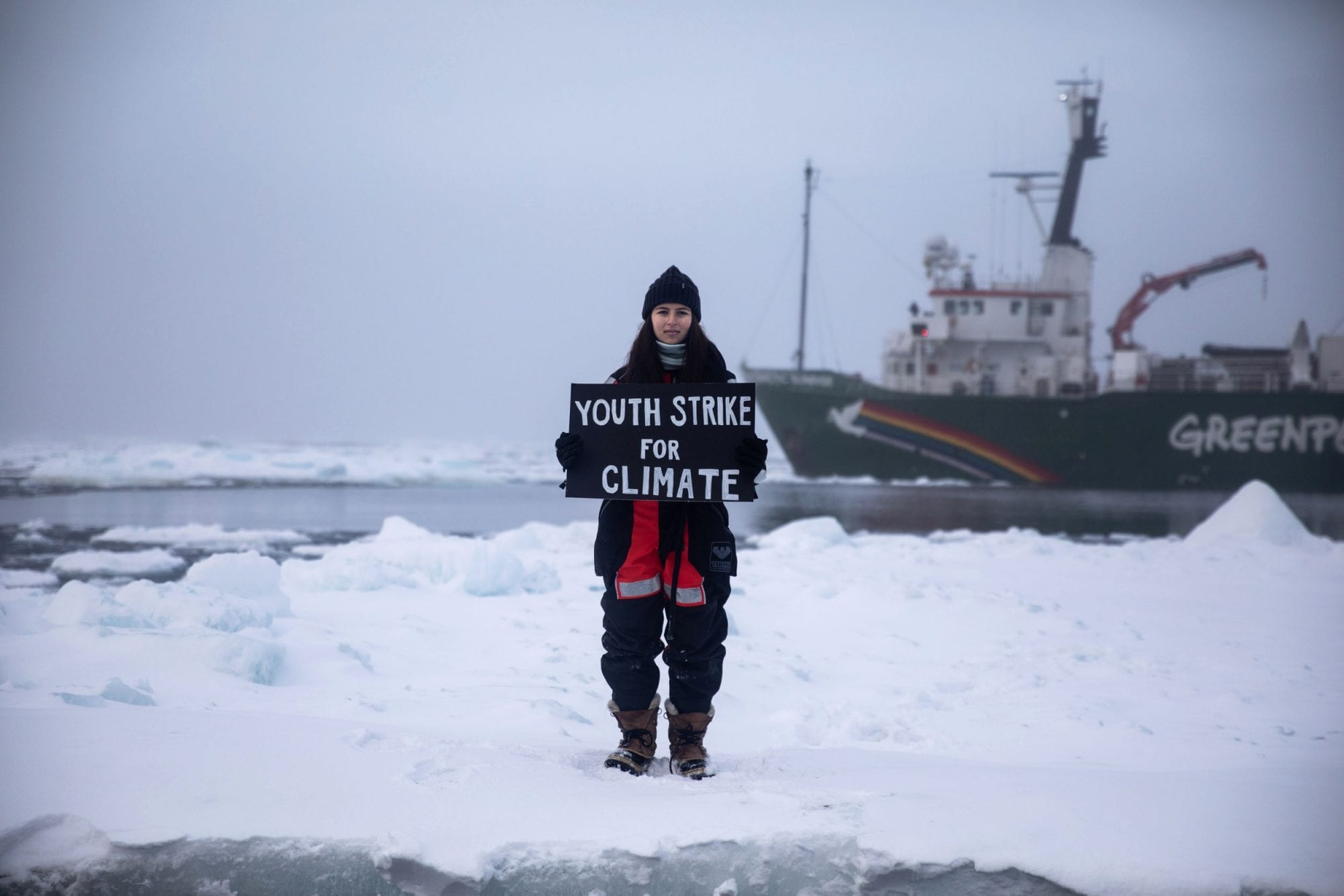
 It’s tempting to see 2020 as having two distinct parts: the early months, before the coronavirus began to spread worldwide, and the subsequent period, when the world faced up to the pandemic and began to come to terms with its impact. But while our campaigning methods inevitably changed throughout the year, our guiding principle stayed the same: there is still time to limit global heating and seize a better future, as long as we bring an end to business as usual.
It’s tempting to see 2020 as having two distinct parts: the early months, before the coronavirus began to spread worldwide, and the subsequent period, when the world faced up to the pandemic and began to come to terms with its impact. But while our campaigning methods inevitably changed throughout the year, our guiding principle stayed the same: there is still time to limit global heating and seize a better future, as long as we bring an end to business as usual.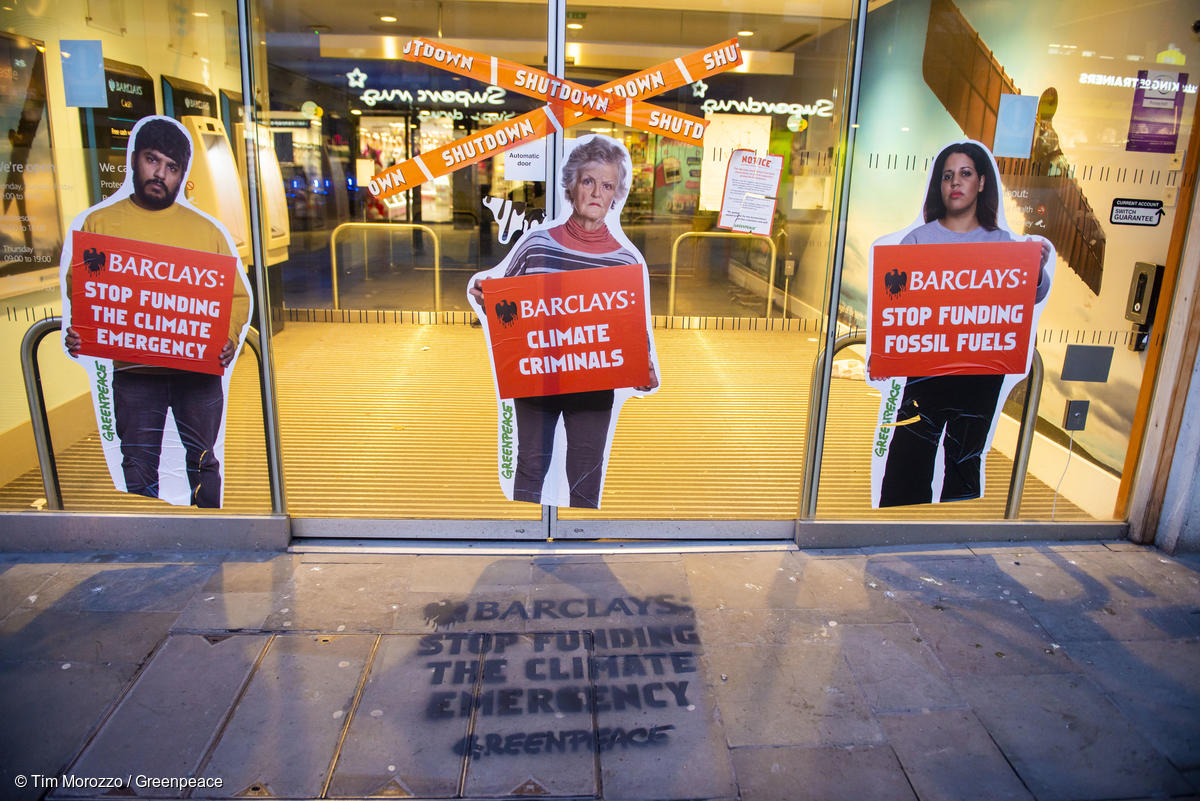
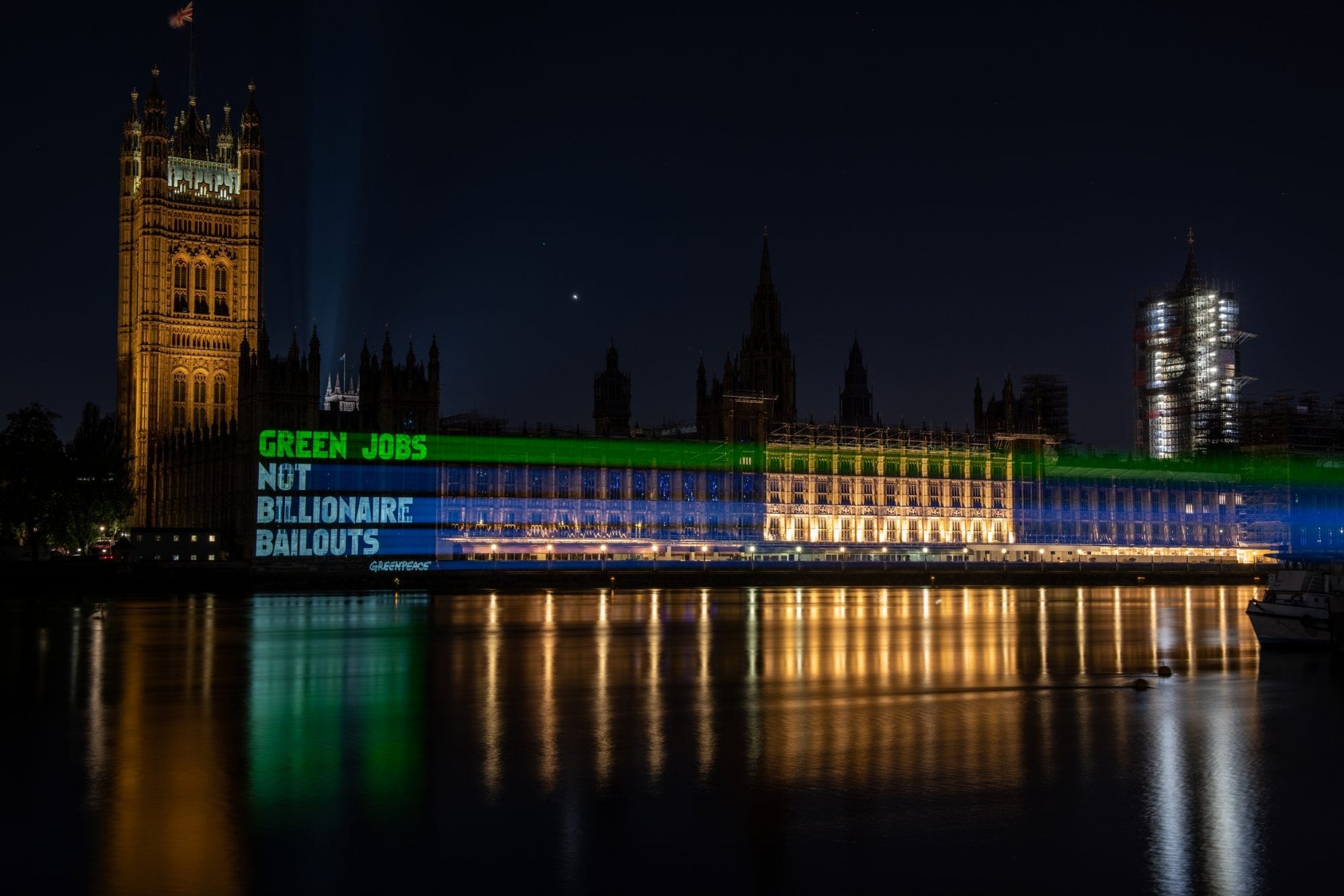
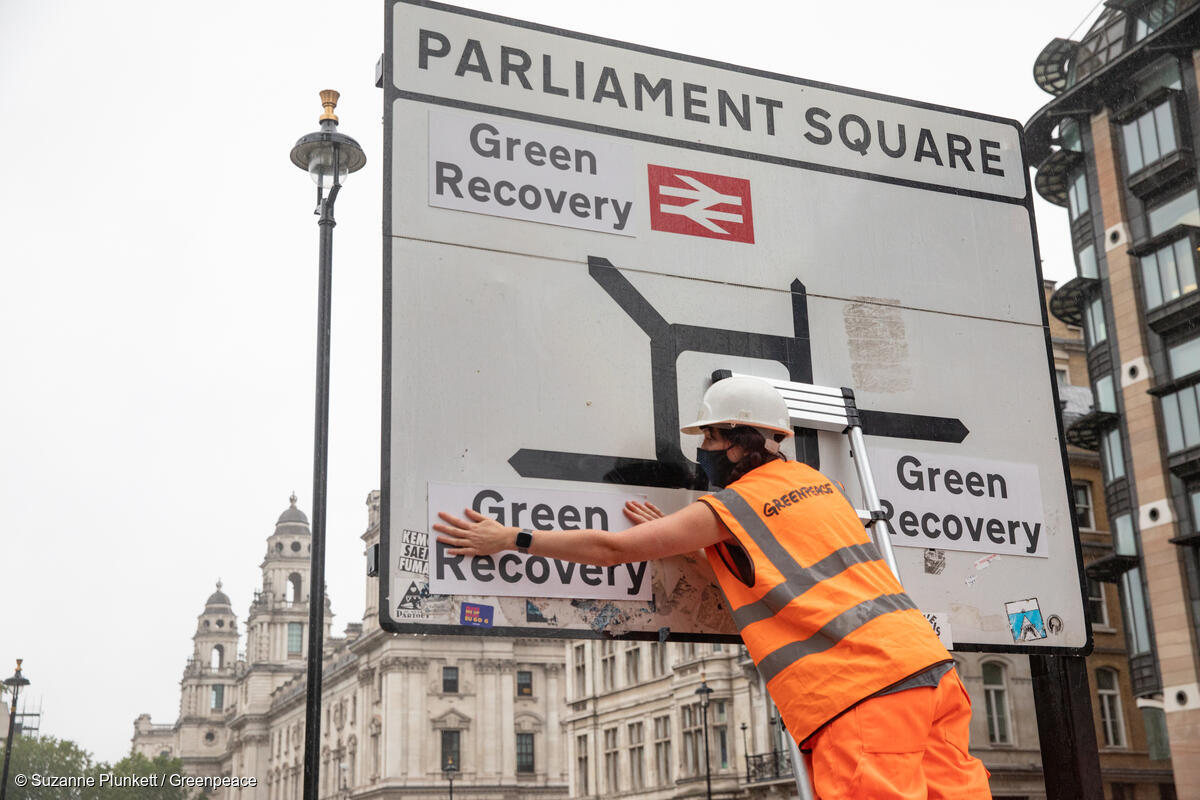
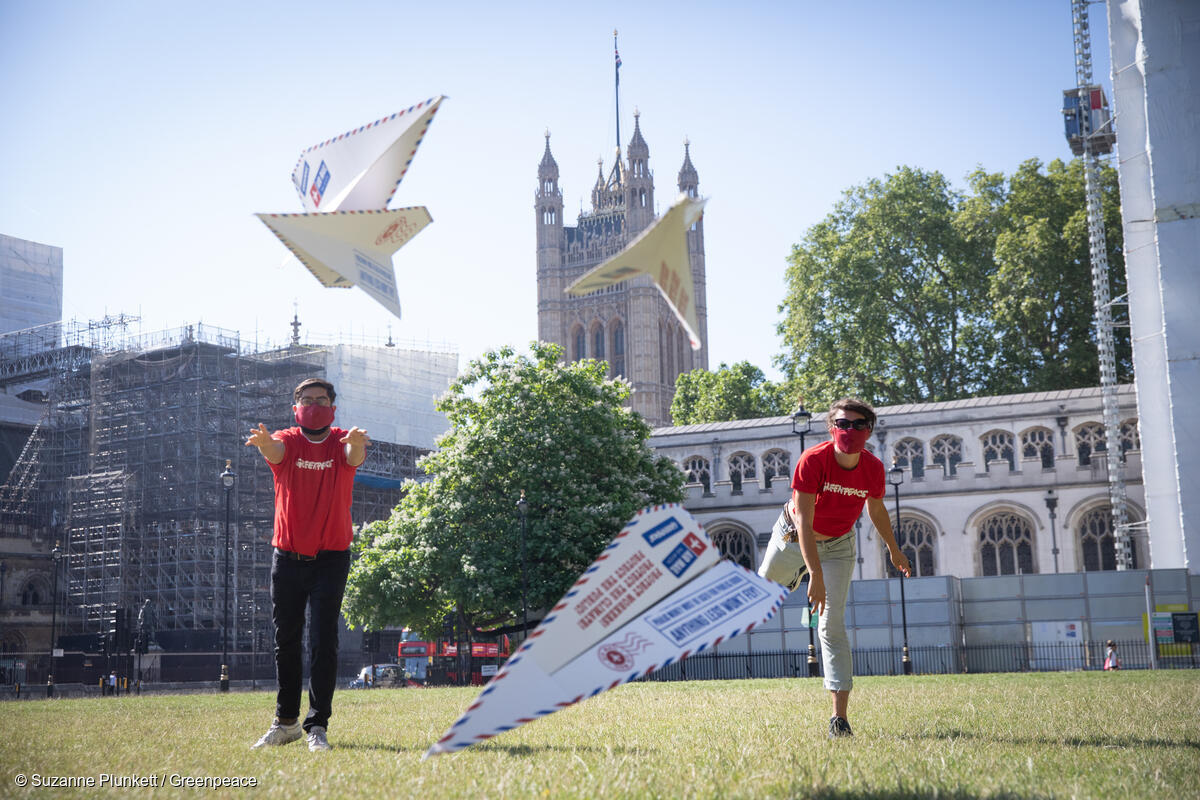
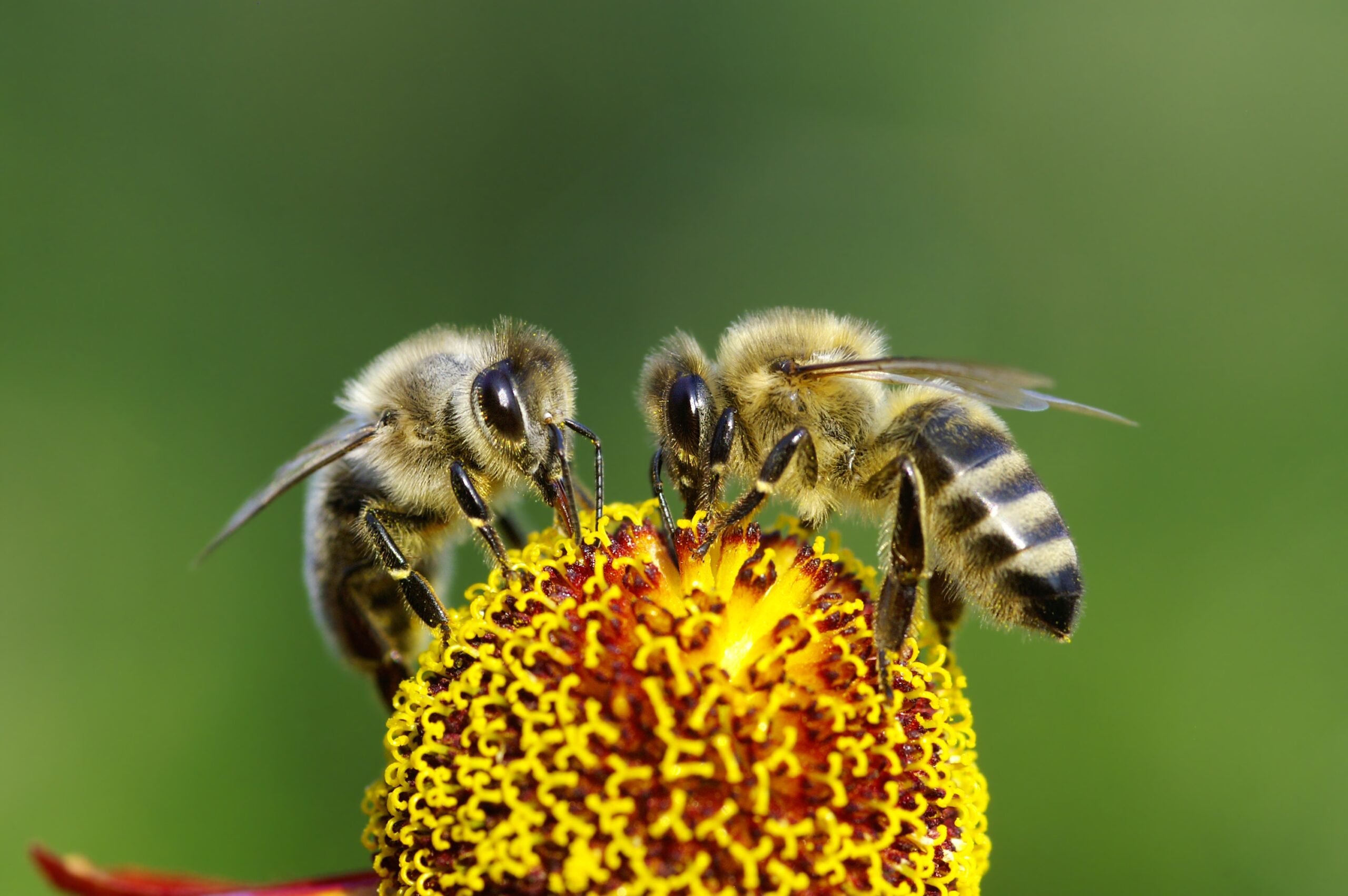
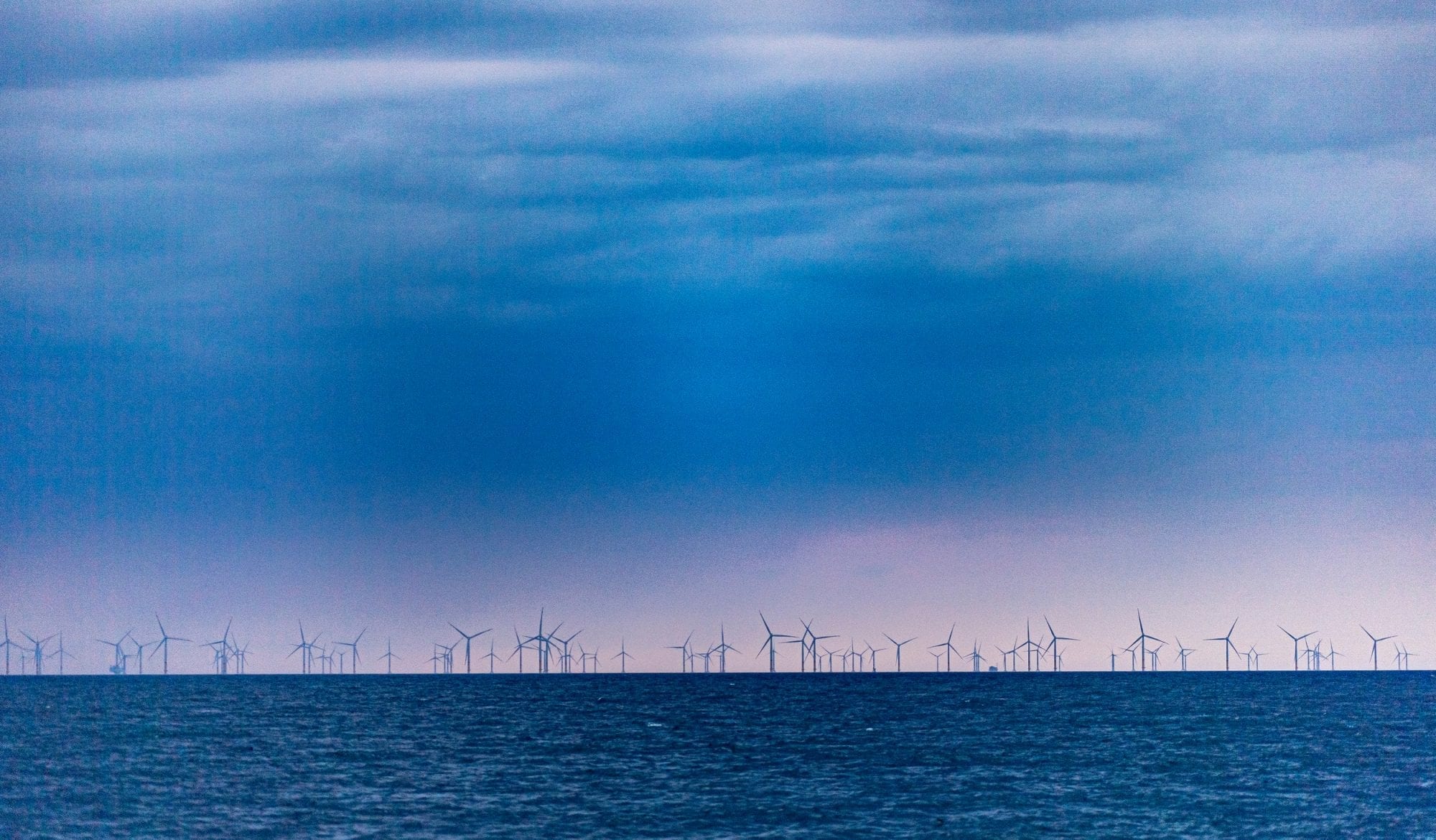
 In a year when the news agenda moved faster than ever, many of our investigations had lasting impact. Working with Greenpeace colleagues in the US and Africa, over the summer we revealed that a lobby group representing some of the world’s largest oil and gas companies was pushing the Trump administration to use a US-Kenya trade deal to expand the plastic and chemical industry across Africa. Several of those companies – including Shell, Exxon and Total – had founded a $1bn initiative to create a ‘world free of plastic waste’, but they were also lobbying to prevent new limits being placed on the amount of plastic waste that could be exported to developing countries.
In a year when the news agenda moved faster than ever, many of our investigations had lasting impact. Working with Greenpeace colleagues in the US and Africa, over the summer we revealed that a lobby group representing some of the world’s largest oil and gas companies was pushing the Trump administration to use a US-Kenya trade deal to expand the plastic and chemical industry across Africa. Several of those companies – including Shell, Exxon and Total – had founded a $1bn initiative to create a ‘world free of plastic waste’, but they were also lobbying to prevent new limits being placed on the amount of plastic waste that could be exported to developing countries.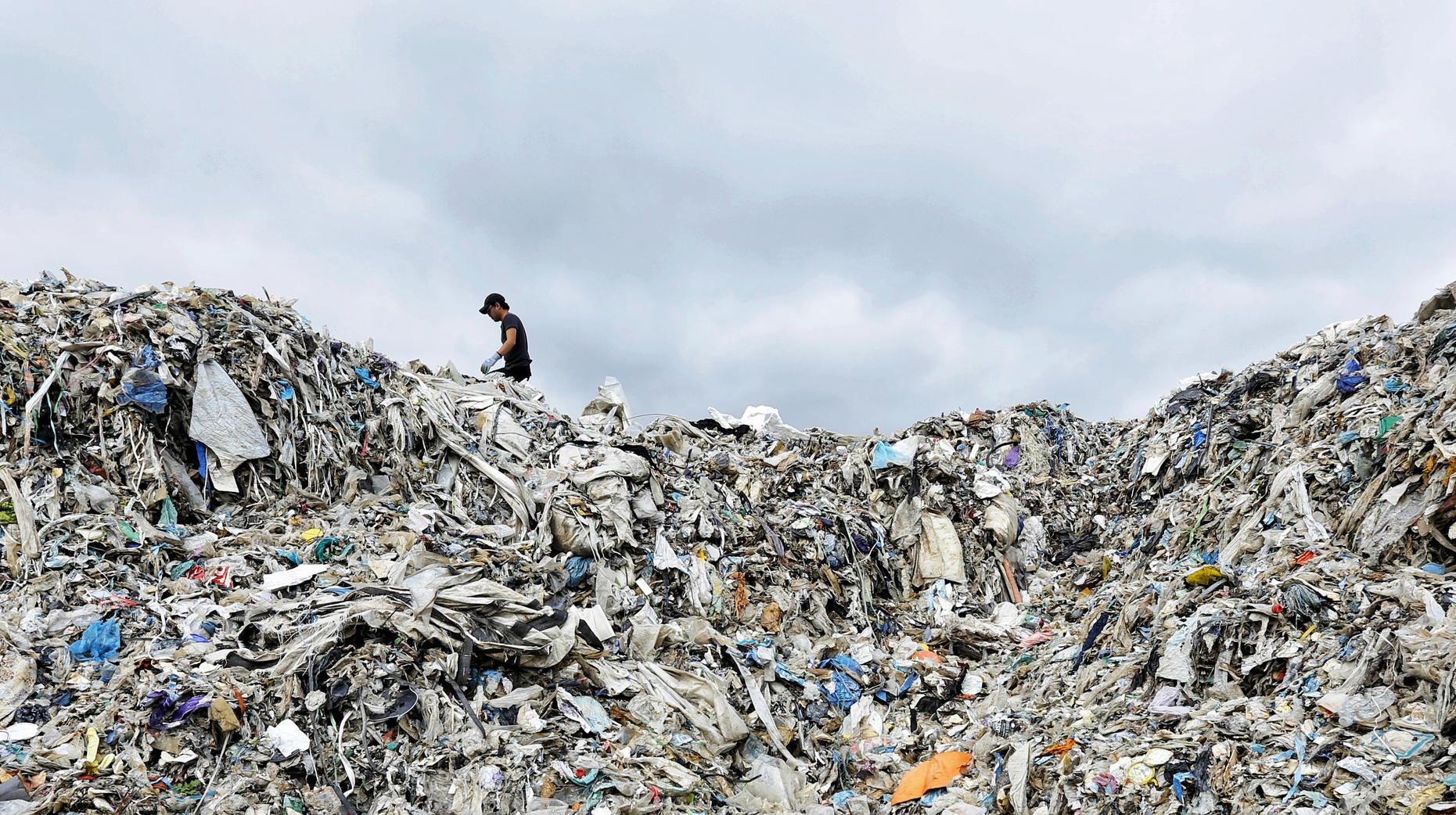
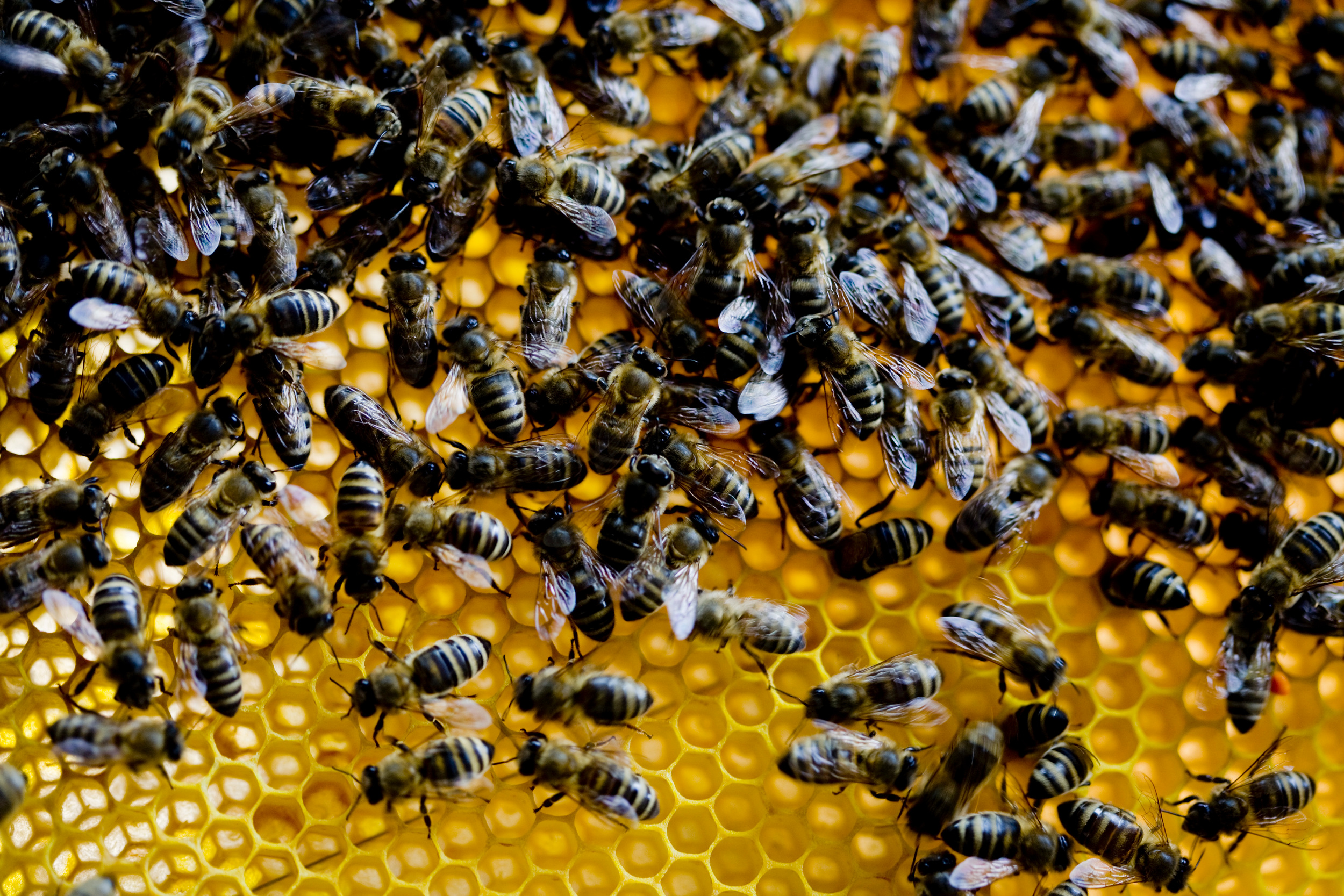

 As an organisation and as individuals, we at Greenpeace UK are committed to dismantling systemic racism, creating a community of allies and empowering people of colour. Although we have started the journey of tackling systemic racism, there is much more we can and will do.
As an organisation and as individuals, we at Greenpeace UK are committed to dismantling systemic racism, creating a community of allies and empowering people of colour. Although we have started the journey of tackling systemic racism, there is much more we can and will do.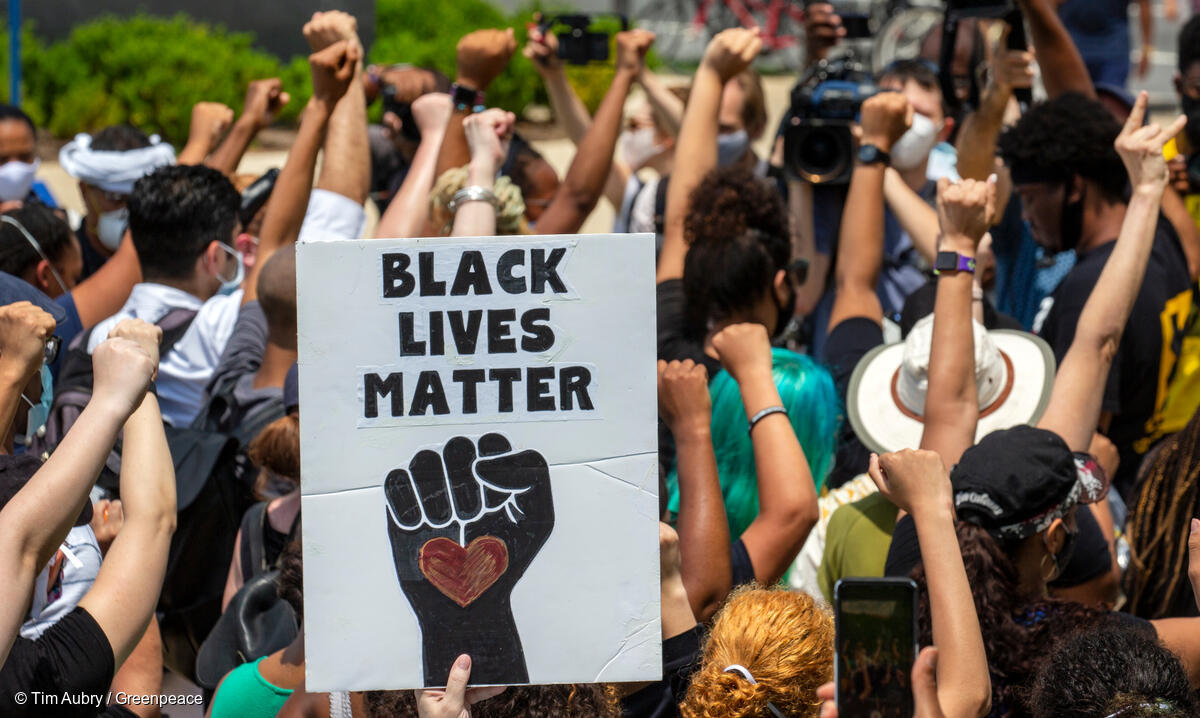
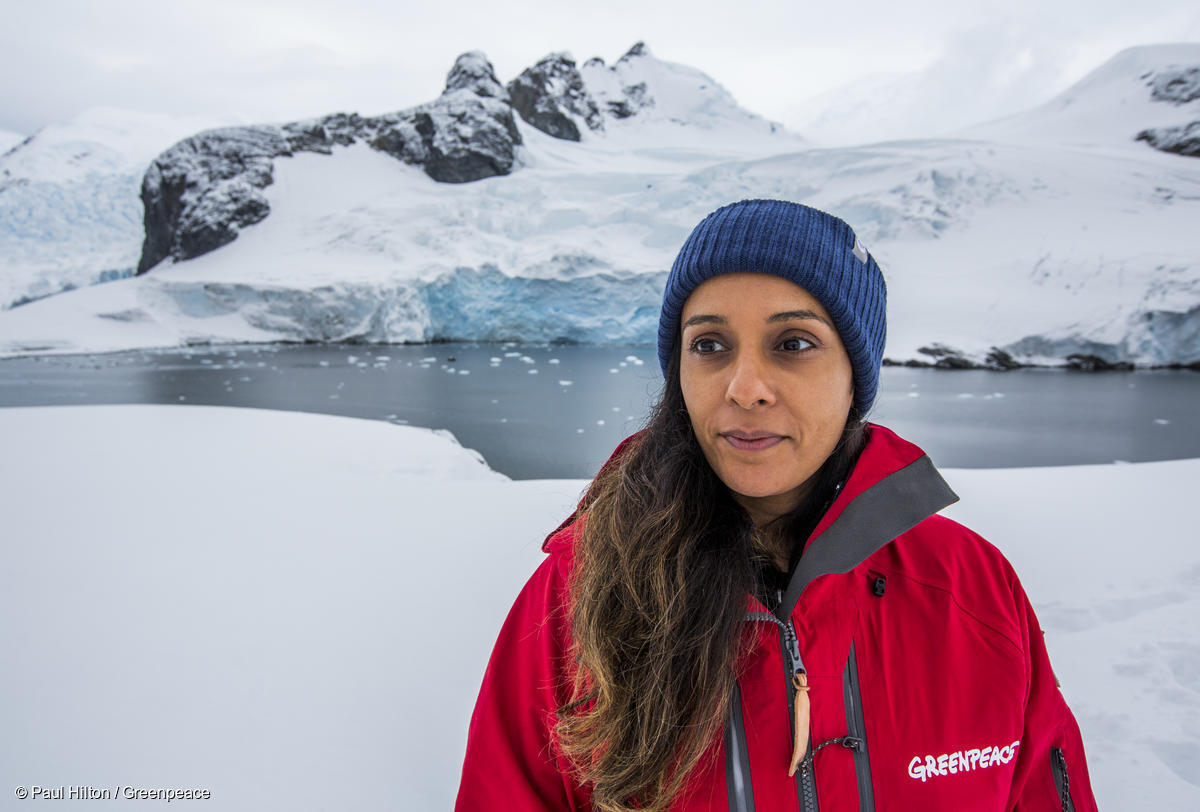
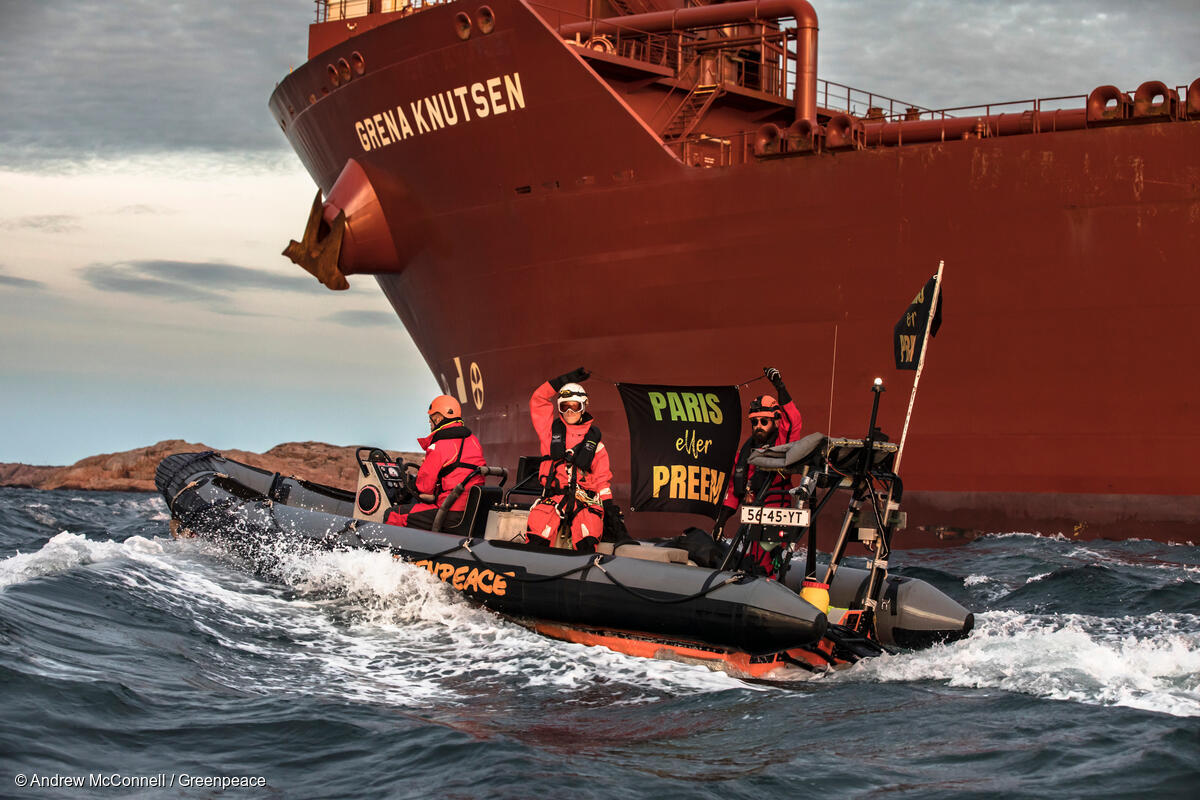
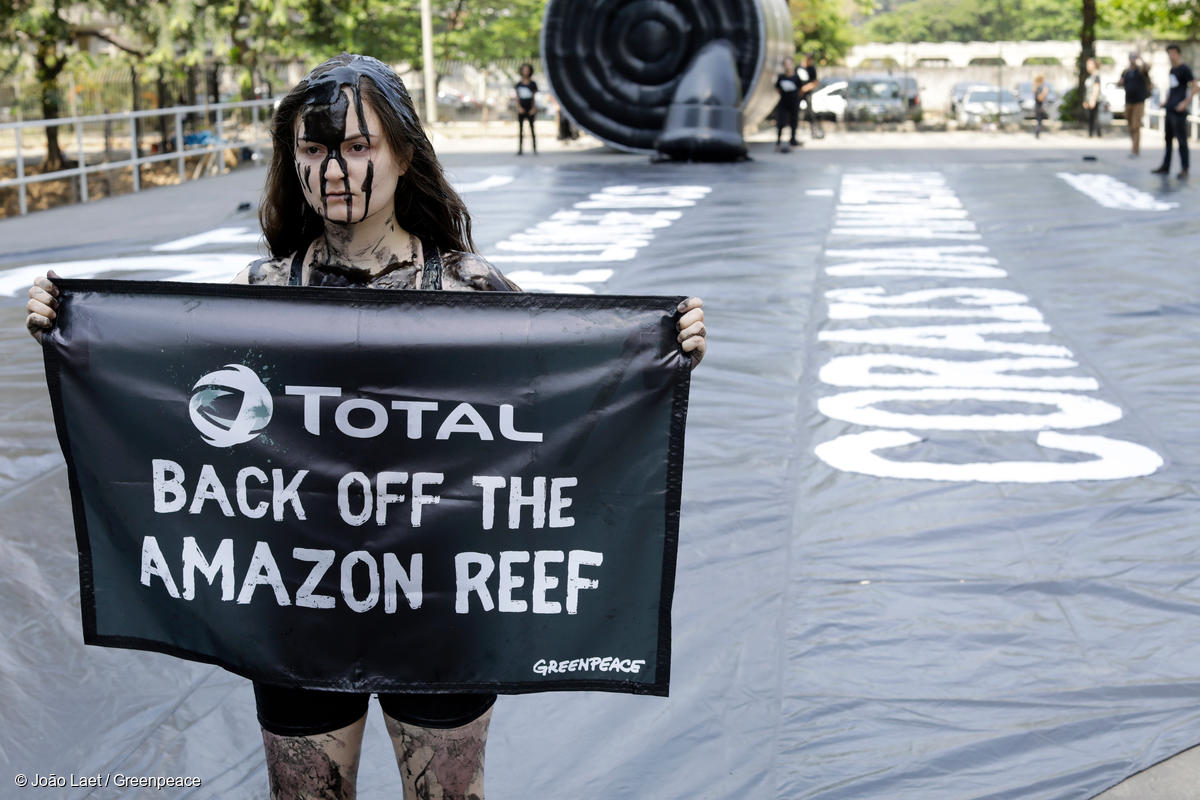
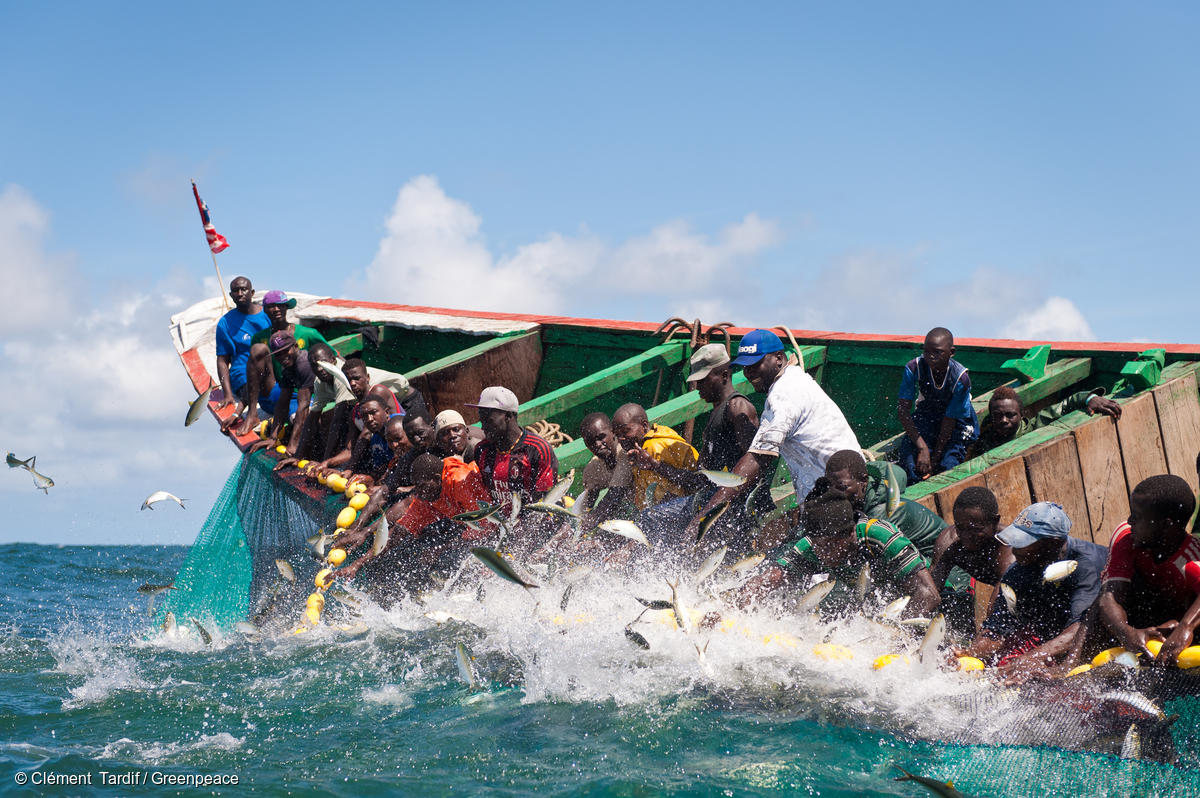

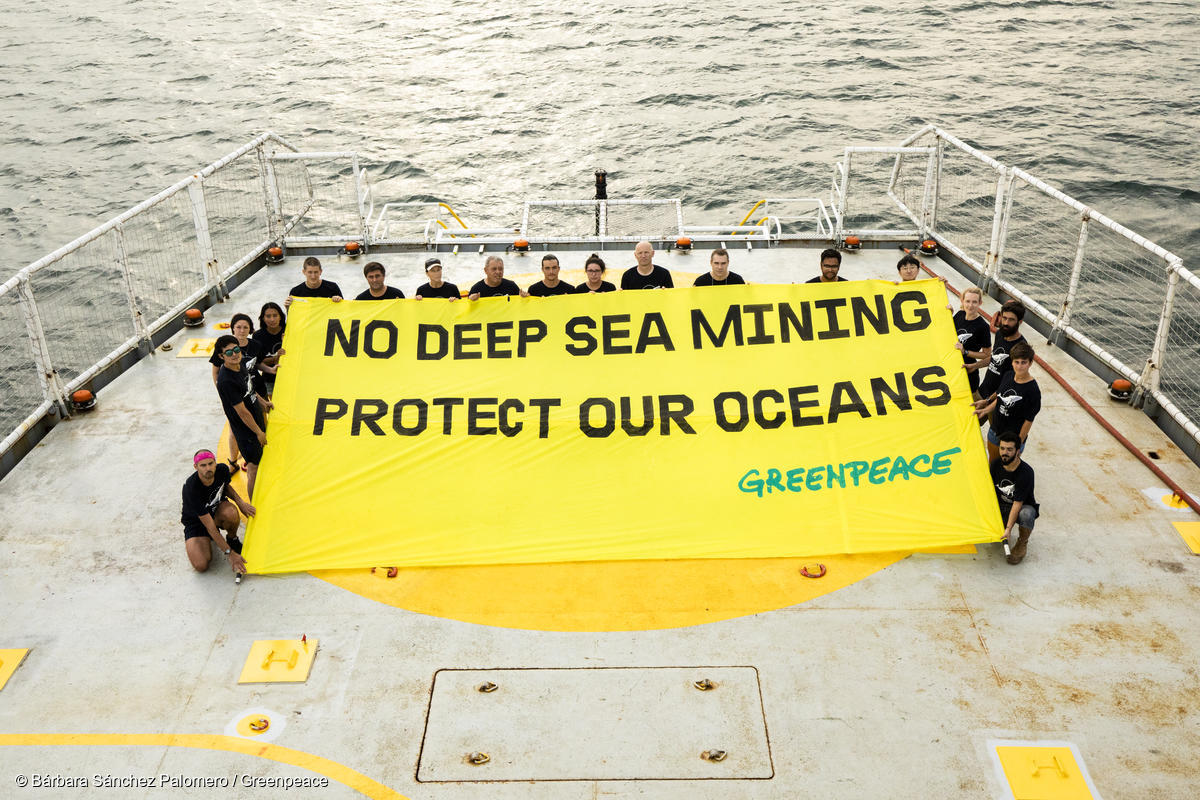
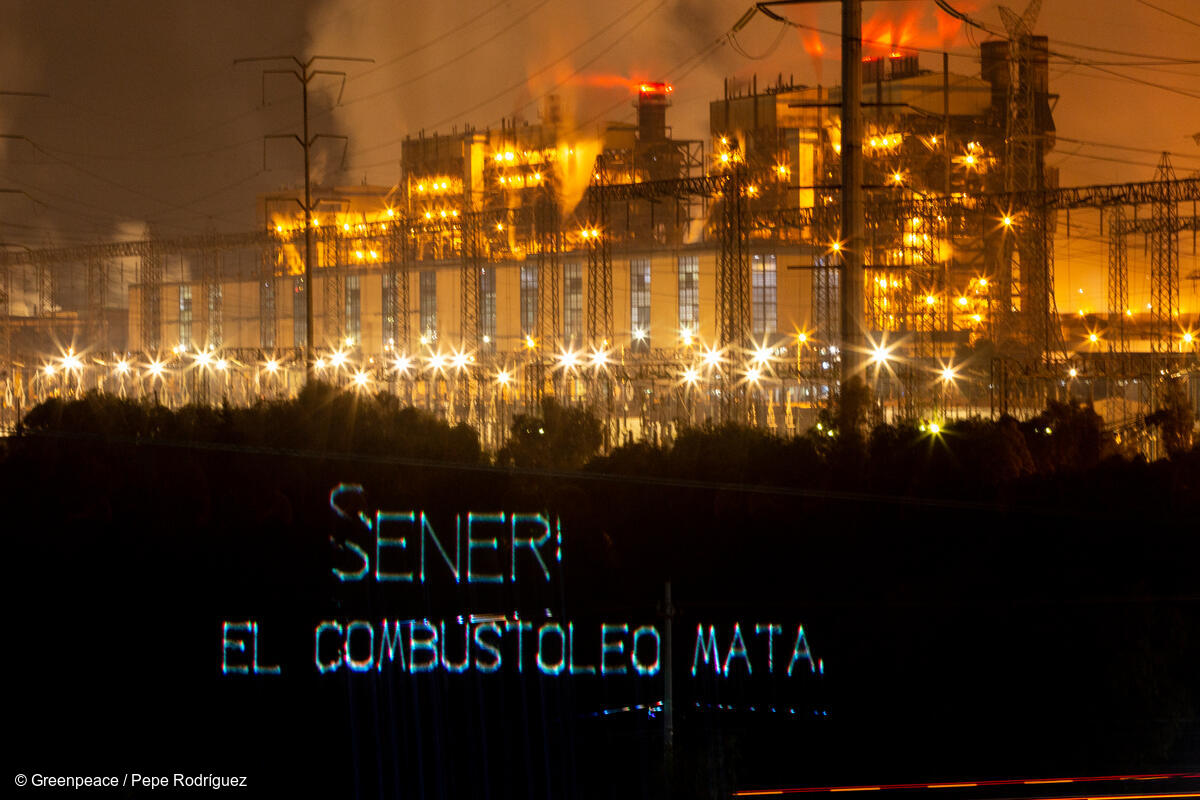
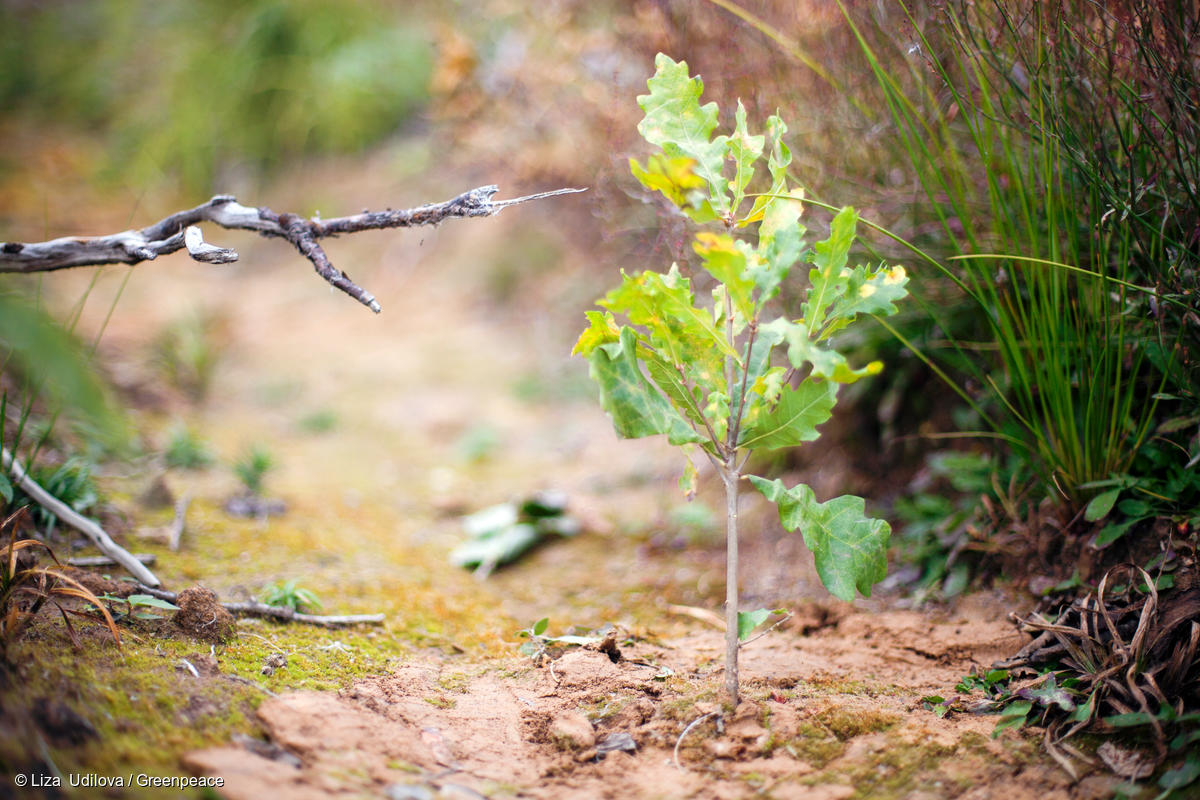
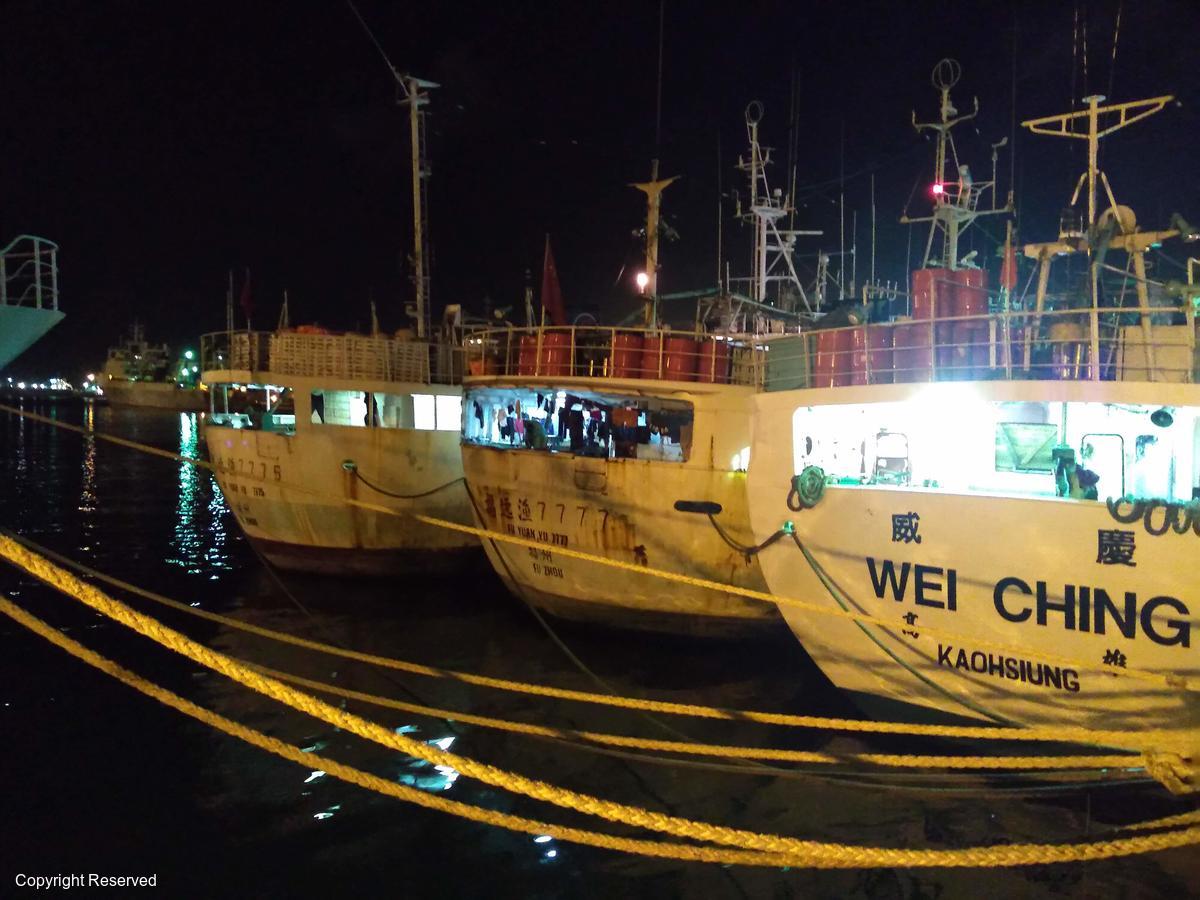
 I have never felt so grateful for the unwavering commitment of our supporters. Just as we were preparing some of our biggest and boldest plans for the start of the ‘Decade of Change’, we were faced with Covid-19 and the resulting closure of our face-to-face fundraising programme and cancellation of Glastonbury. We don’t keep large financial reserves so there was every reason to fear for the impact we could make, knowing that 2020 would be a tough year for everyone. But we soon saw that people were still fully with us, maybe even more so, as we experienced first hand the fragility of our ‘normal’ way of living, and reconnected with the power of the natural world. Thanks to the loyalty of our supporters old and new, and the determination and ingenuity of our amazing fundraising team, we raised even more than we expected and spent it as effectively as ever on delivering our environmental mission. Thank you.
I have never felt so grateful for the unwavering commitment of our supporters. Just as we were preparing some of our biggest and boldest plans for the start of the ‘Decade of Change’, we were faced with Covid-19 and the resulting closure of our face-to-face fundraising programme and cancellation of Glastonbury. We don’t keep large financial reserves so there was every reason to fear for the impact we could make, knowing that 2020 would be a tough year for everyone. But we soon saw that people were still fully with us, maybe even more so, as we experienced first hand the fragility of our ‘normal’ way of living, and reconnected with the power of the natural world. Thanks to the loyalty of our supporters old and new, and the determination and ingenuity of our amazing fundraising team, we raised even more than we expected and spent it as effectively as ever on delivering our environmental mission. Thank you.